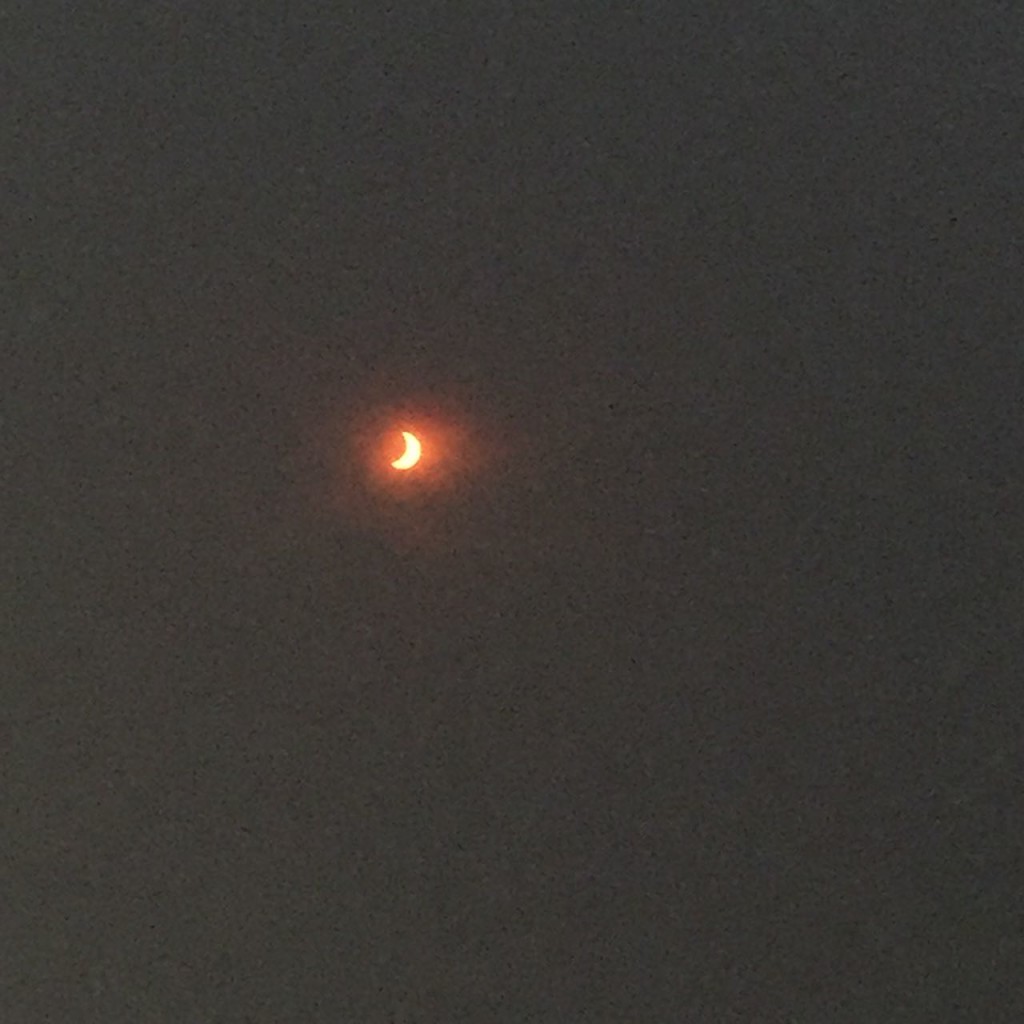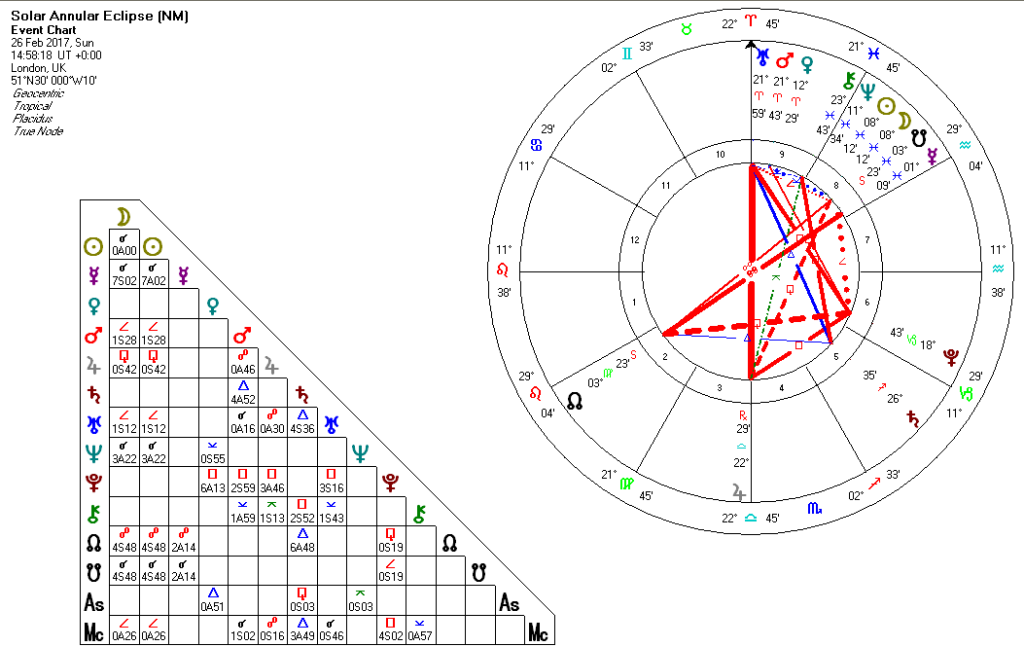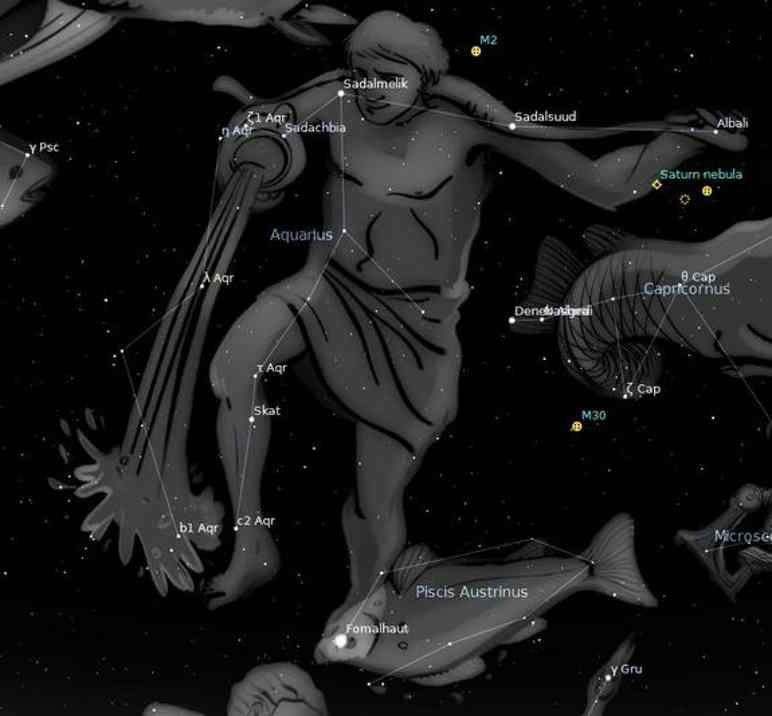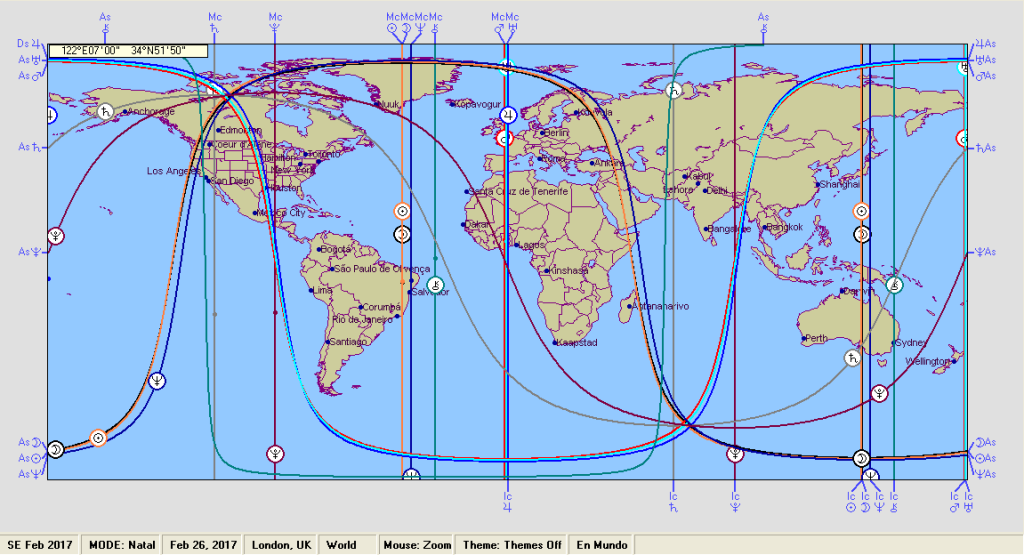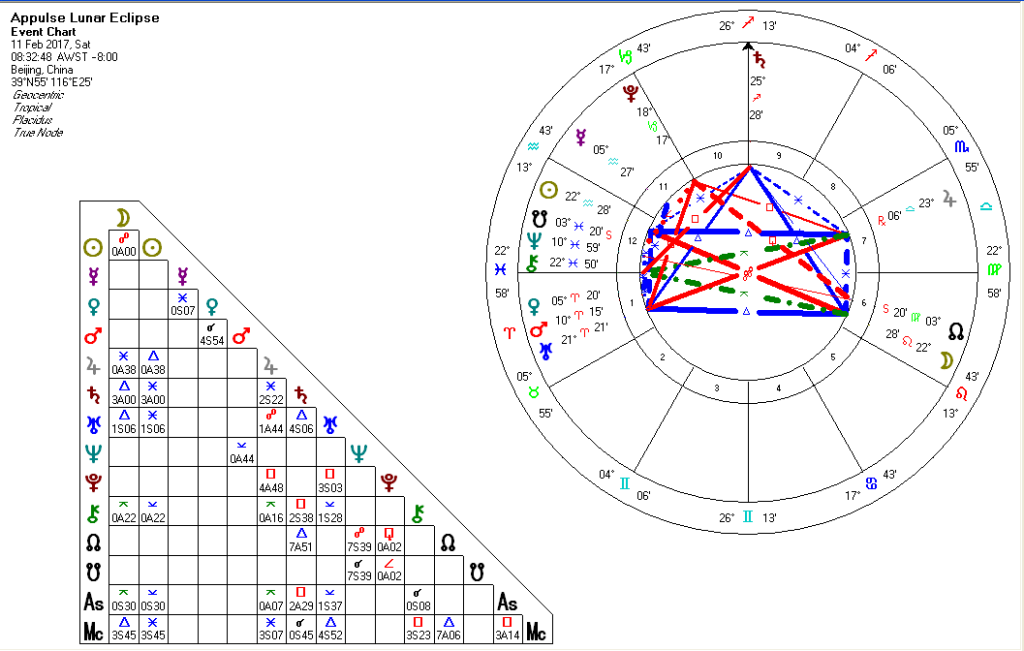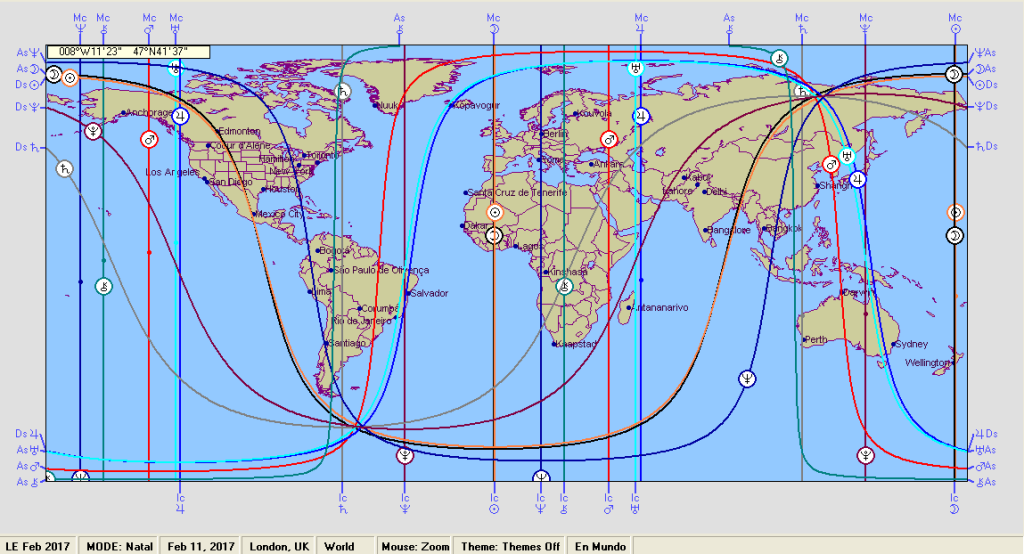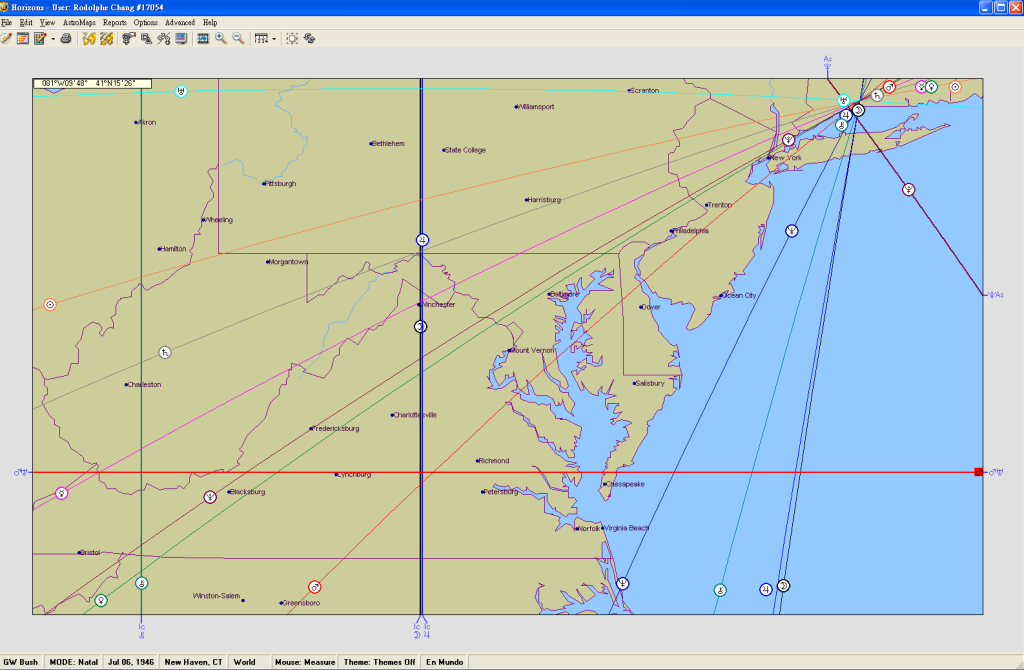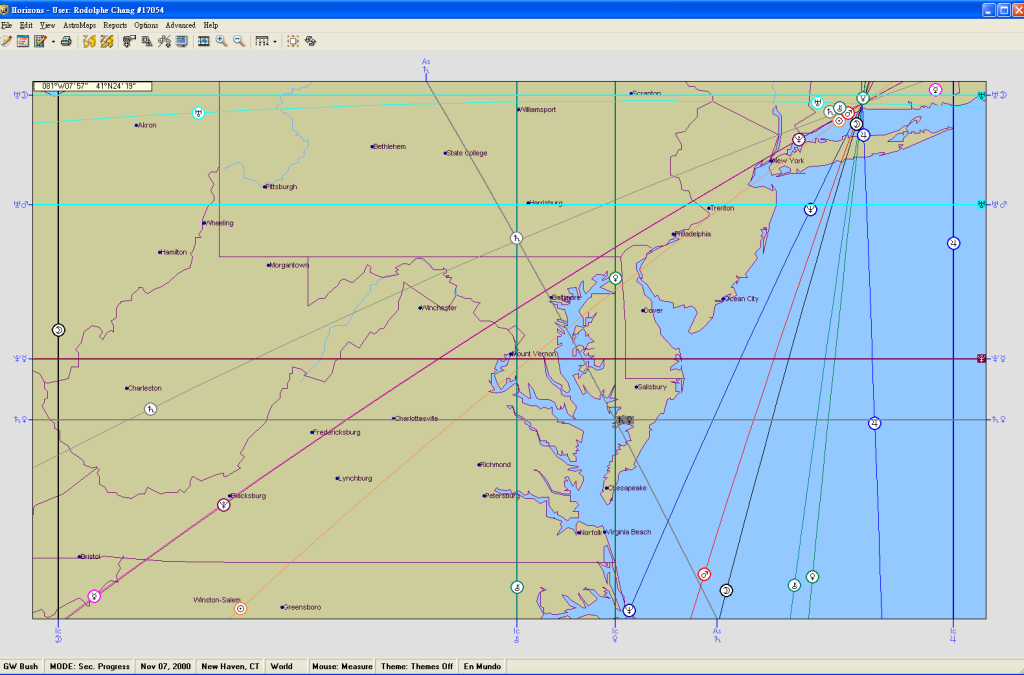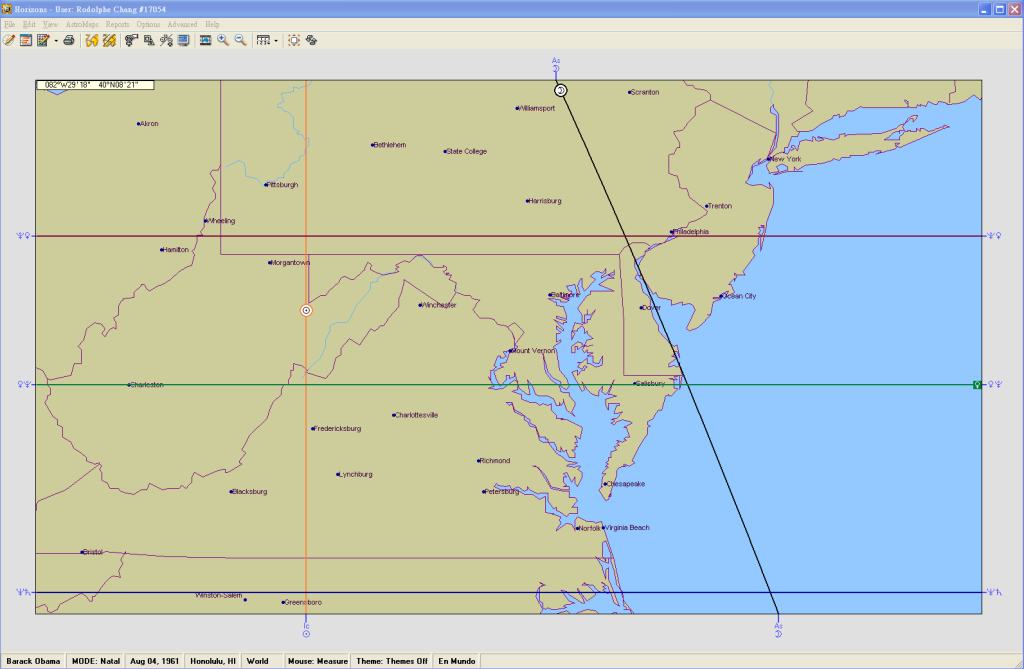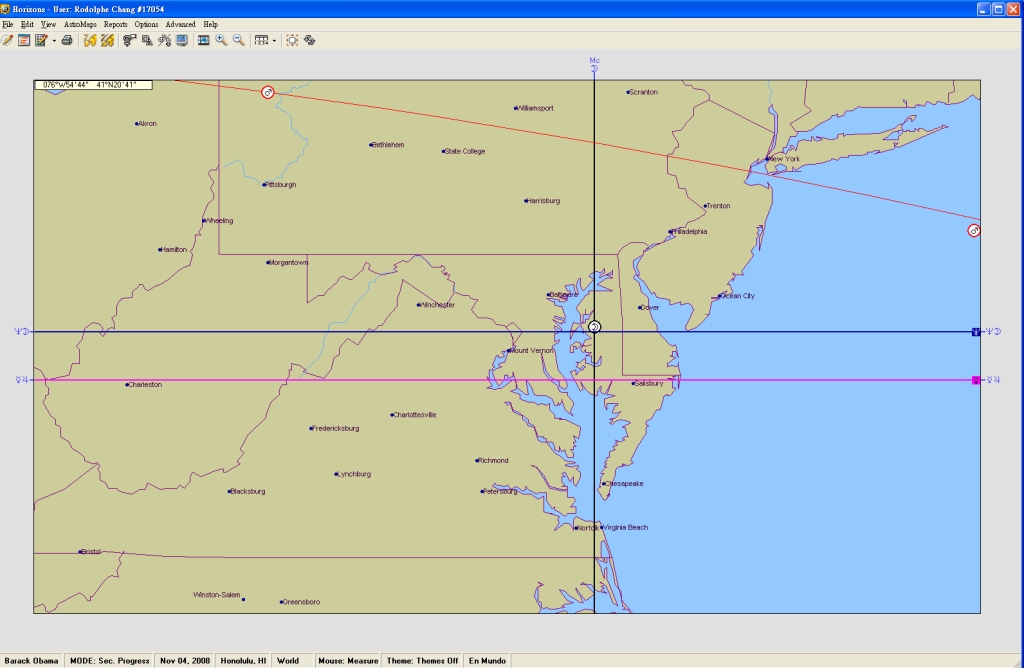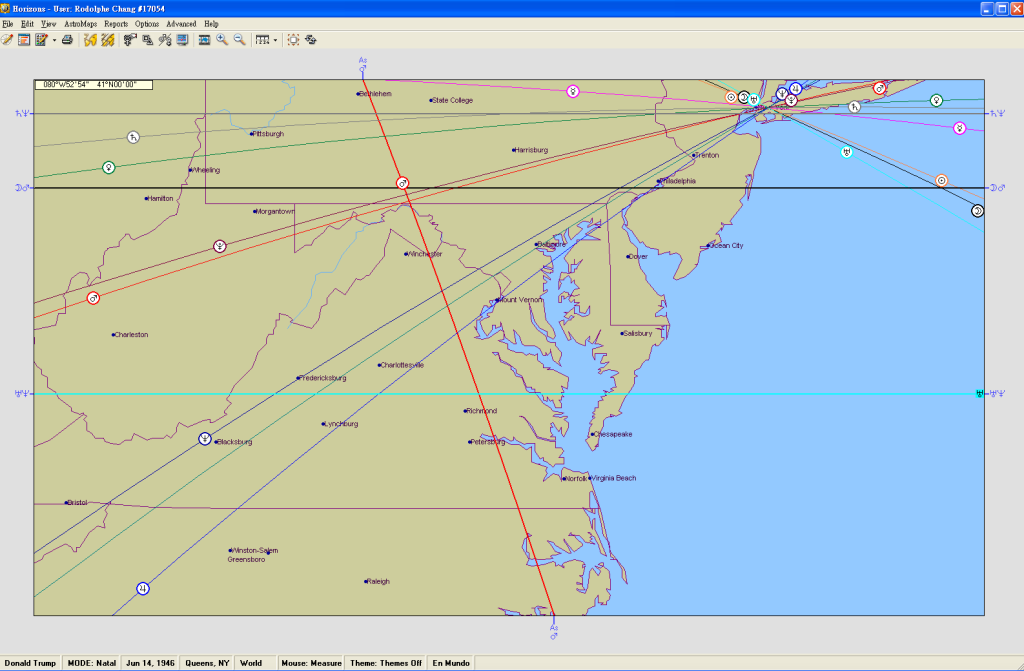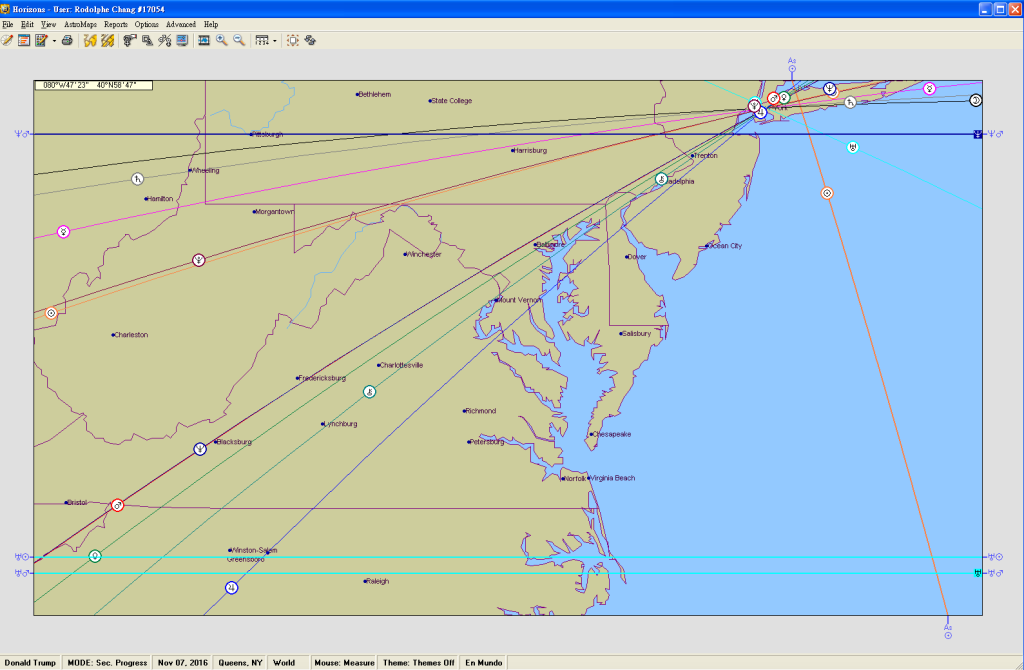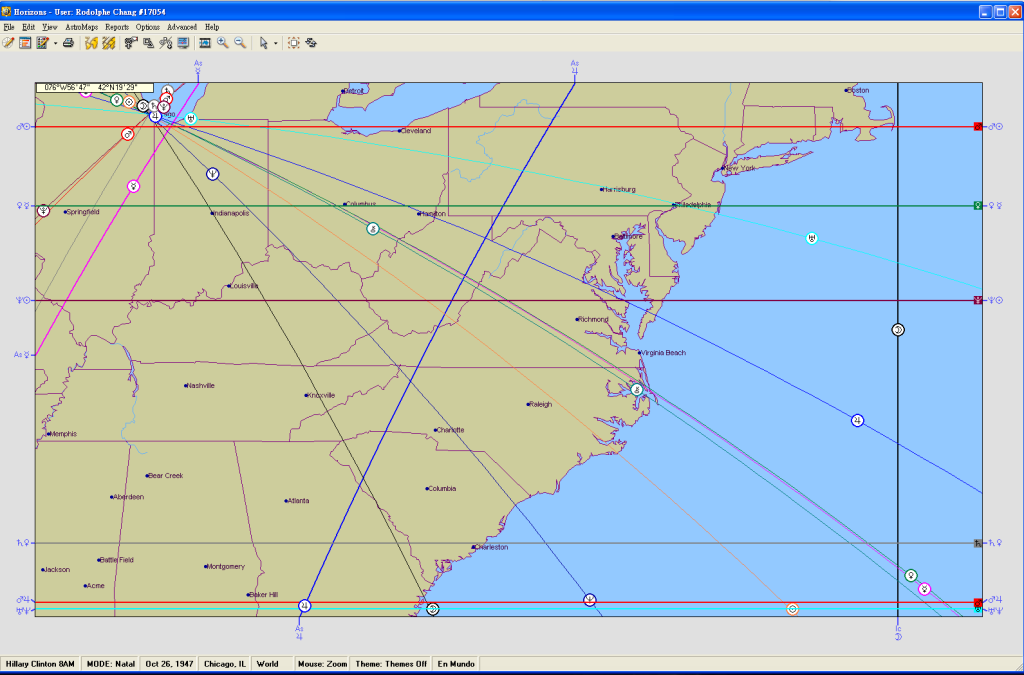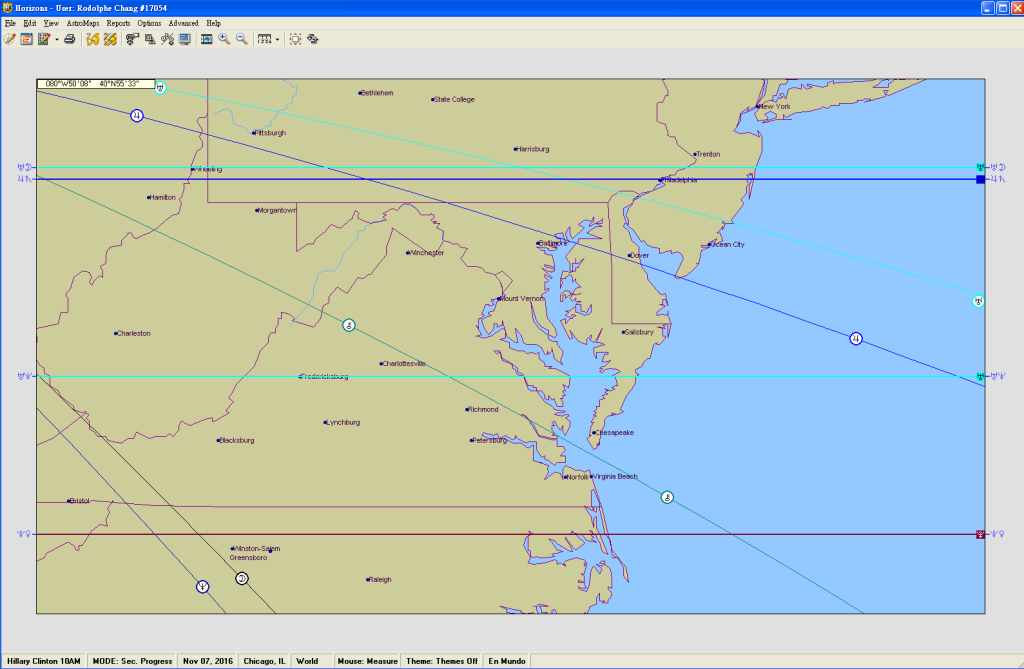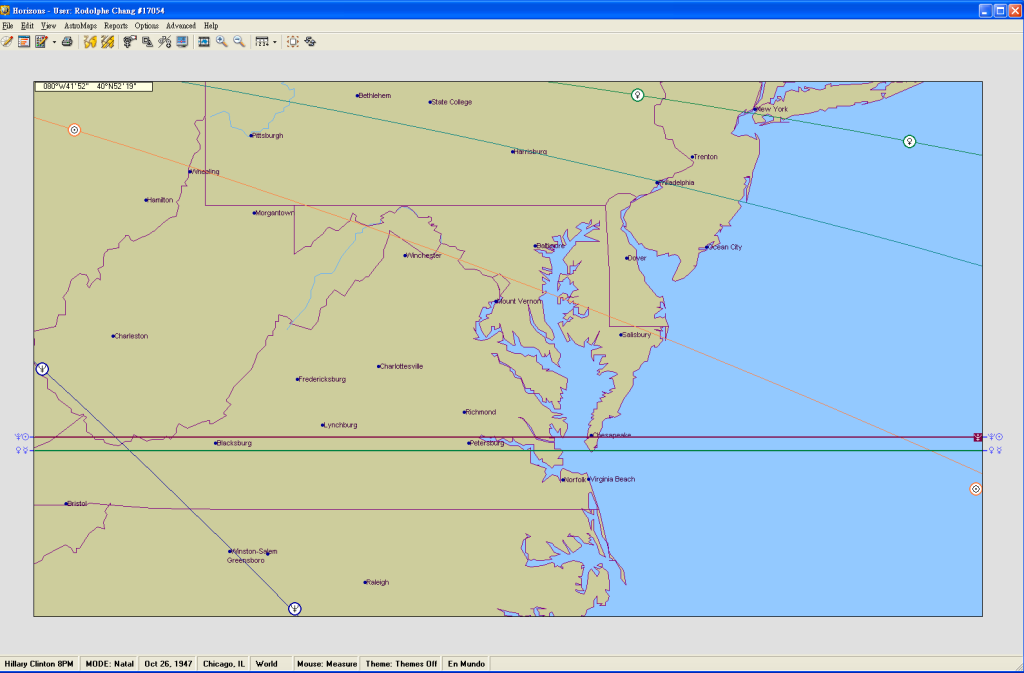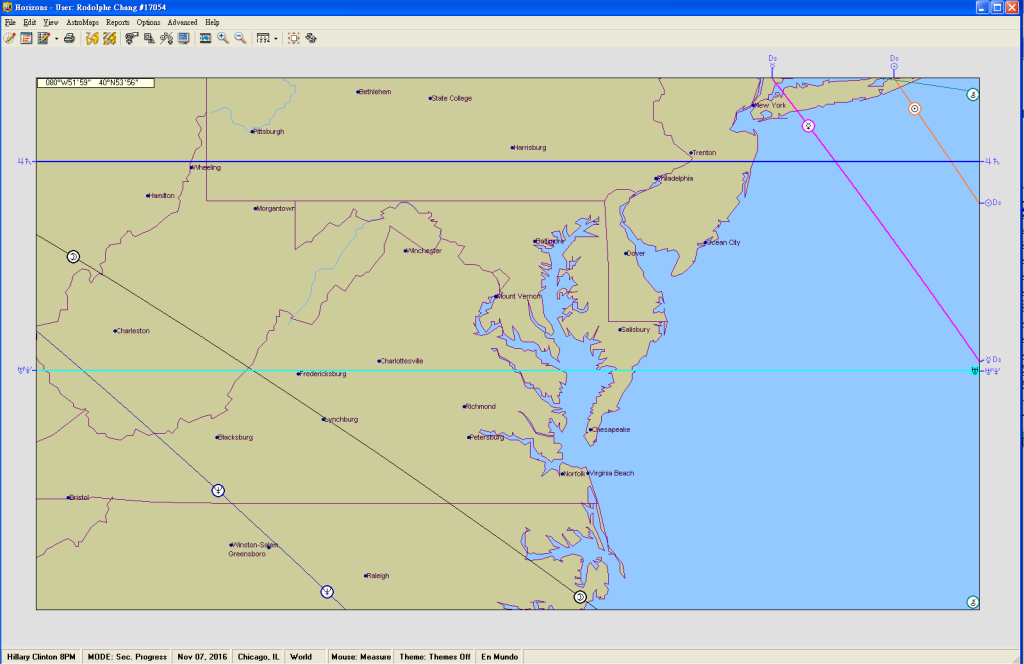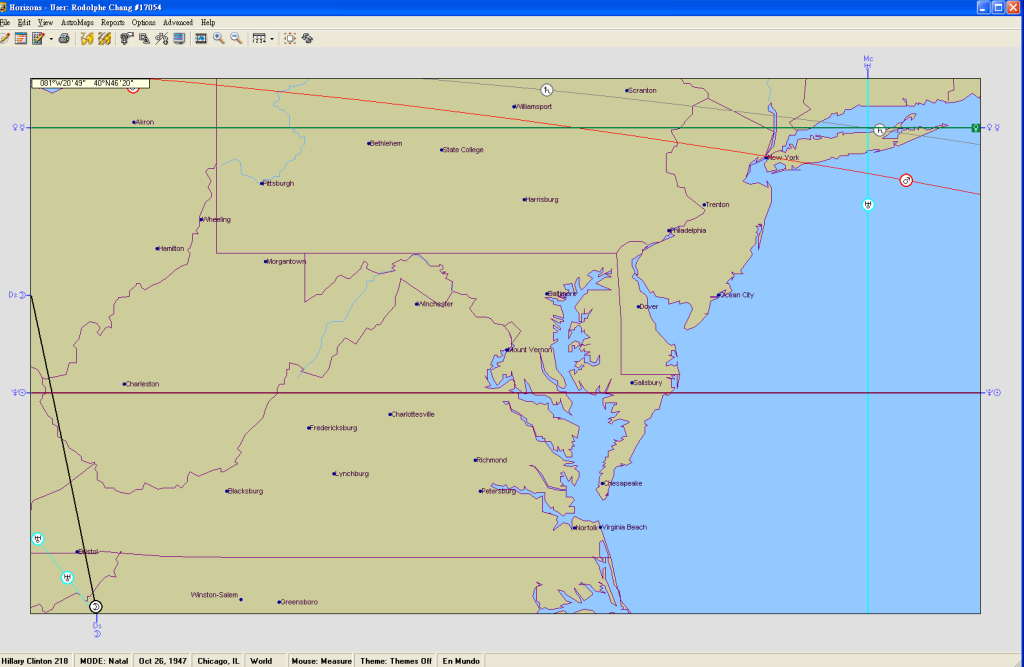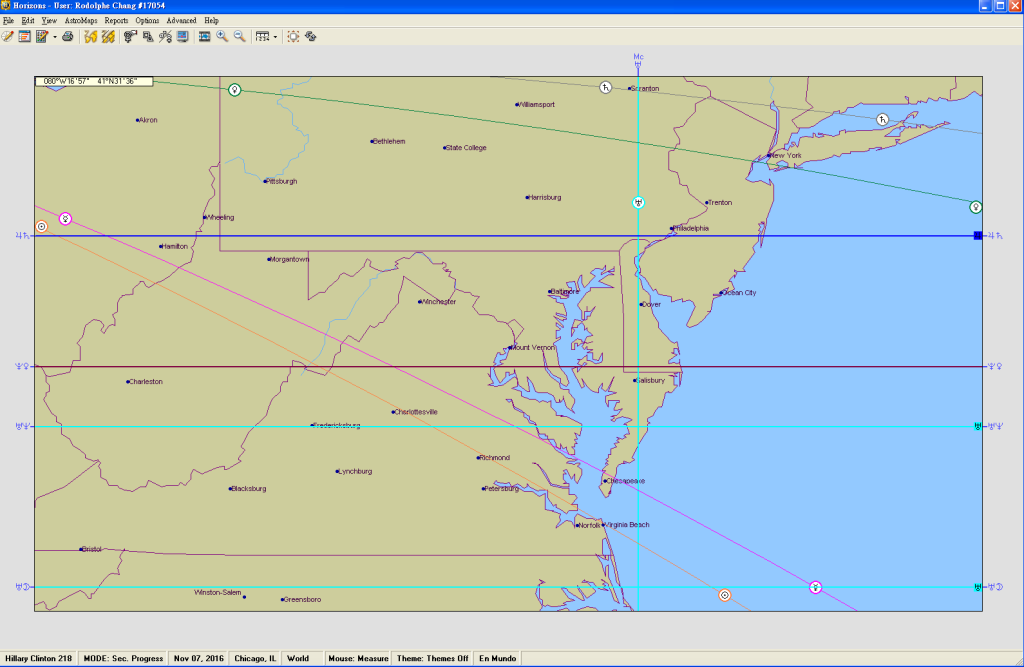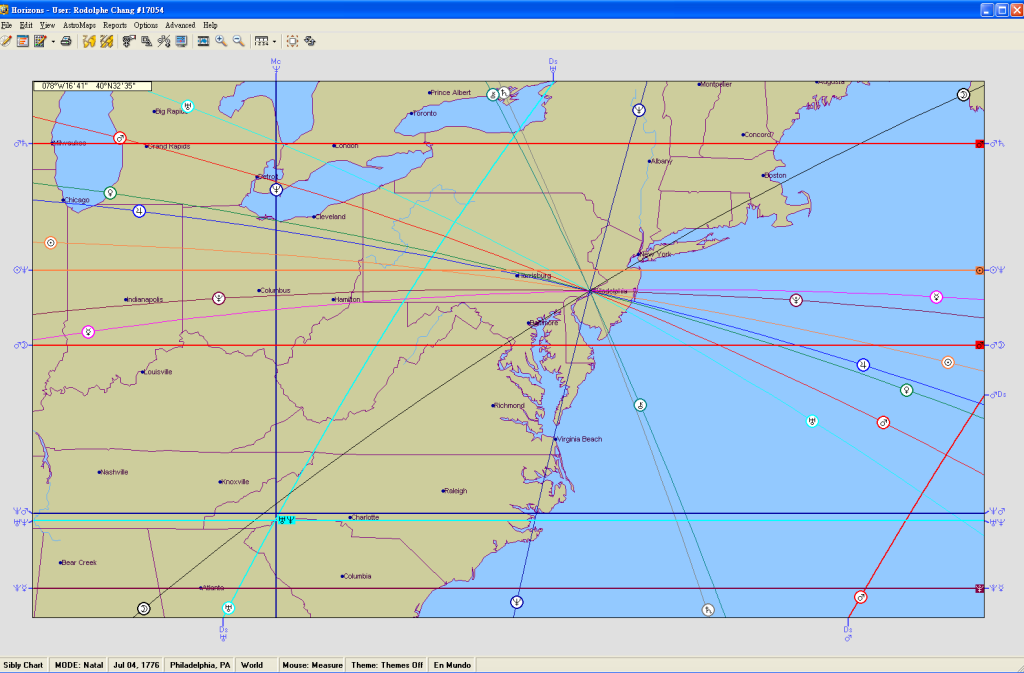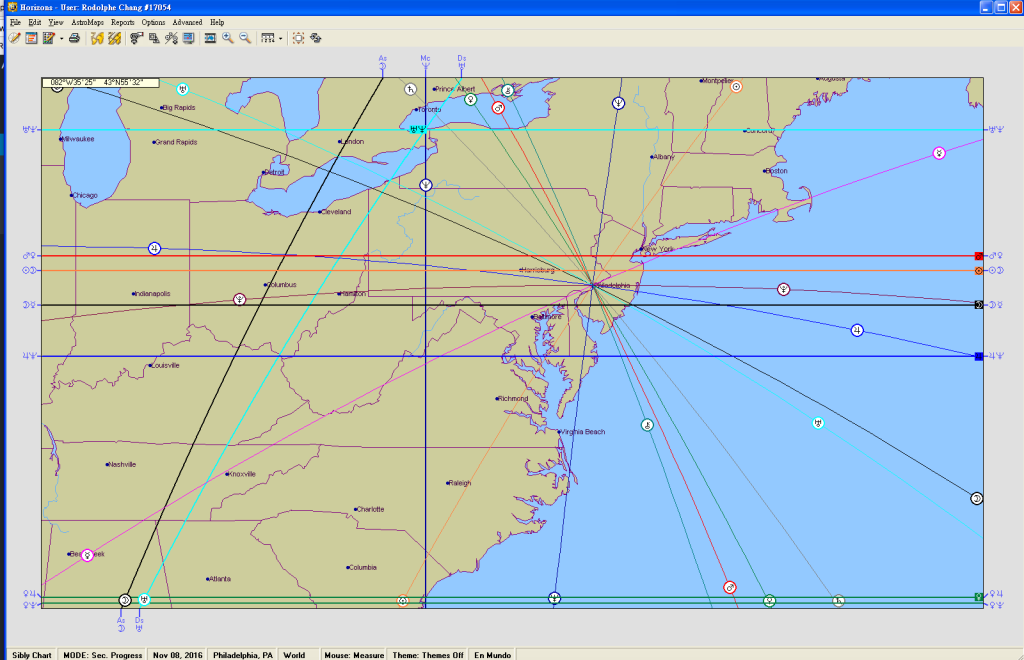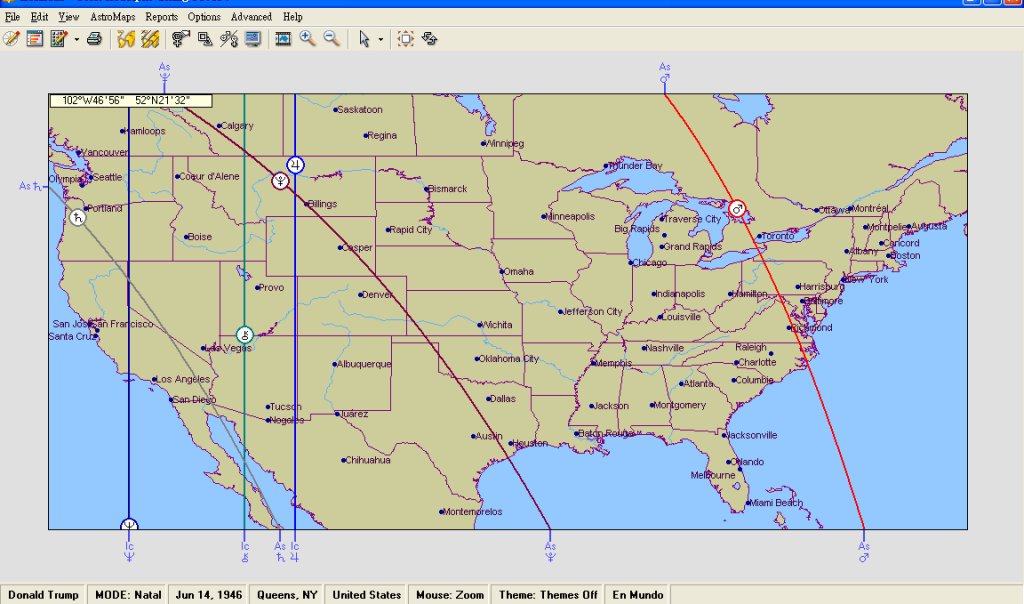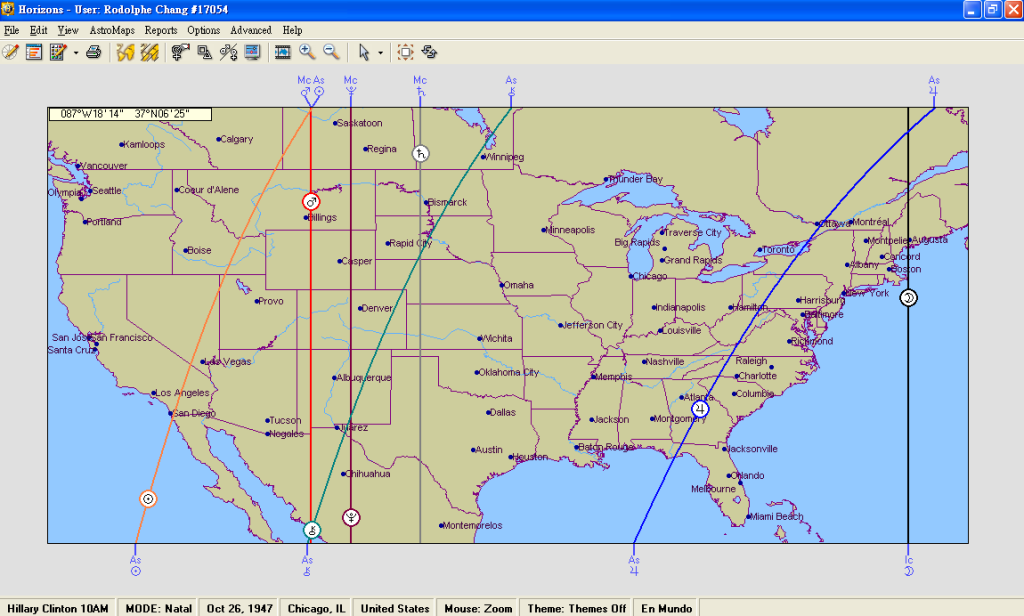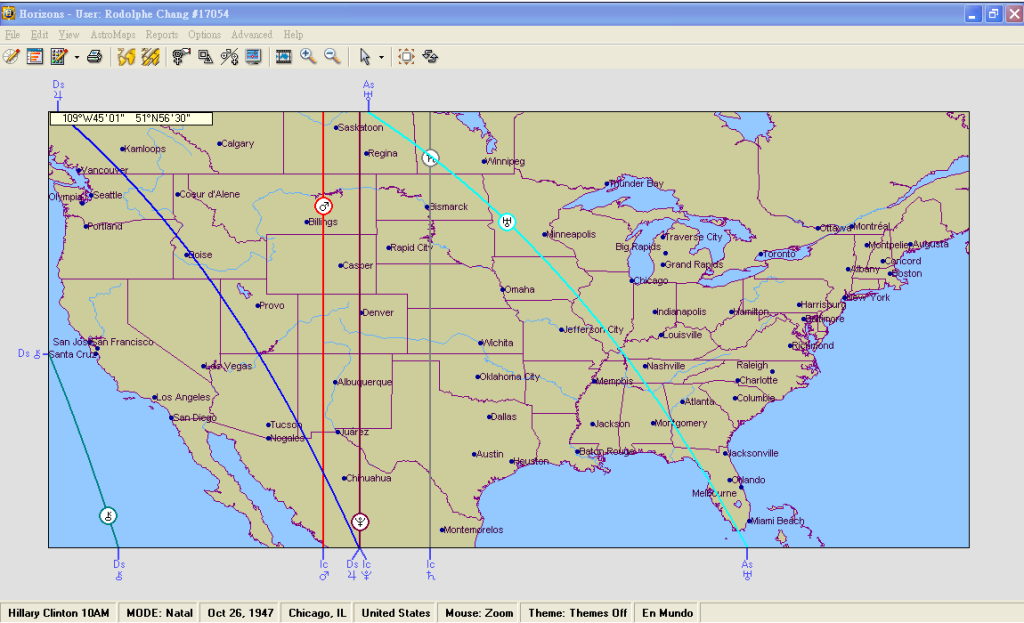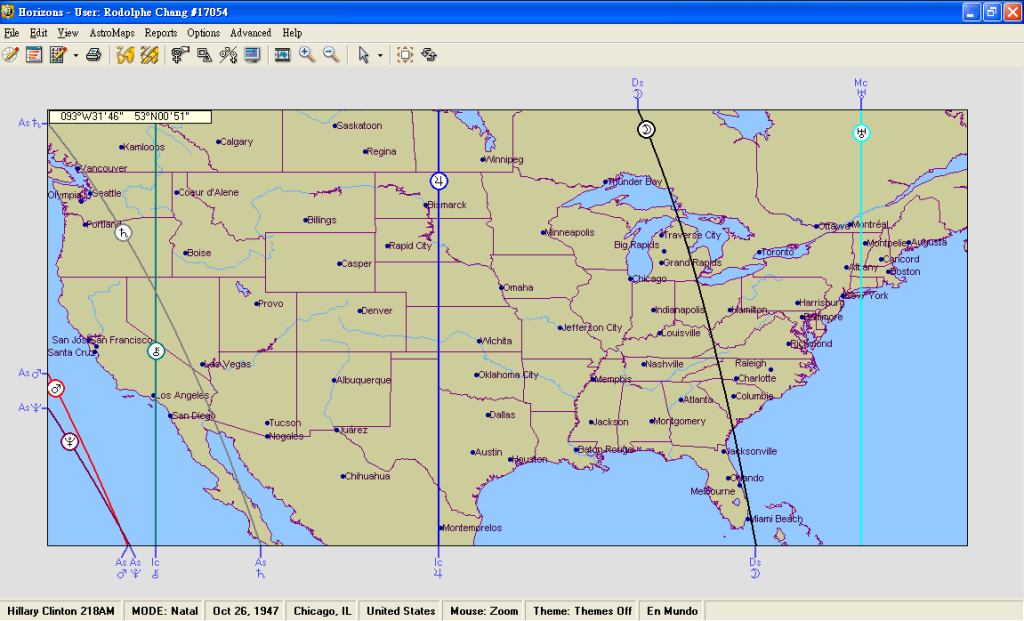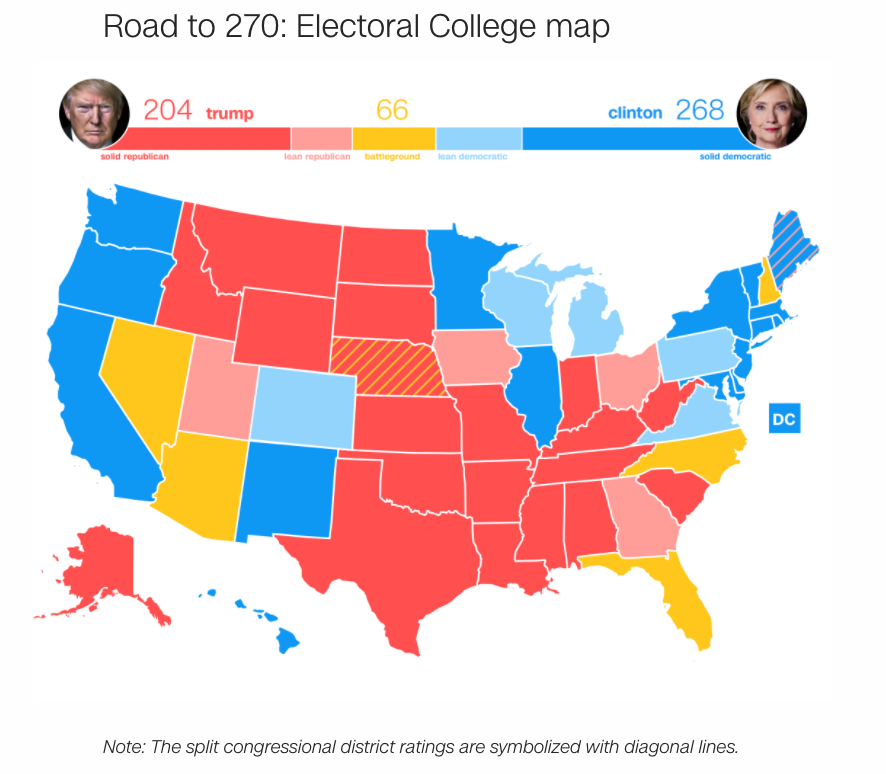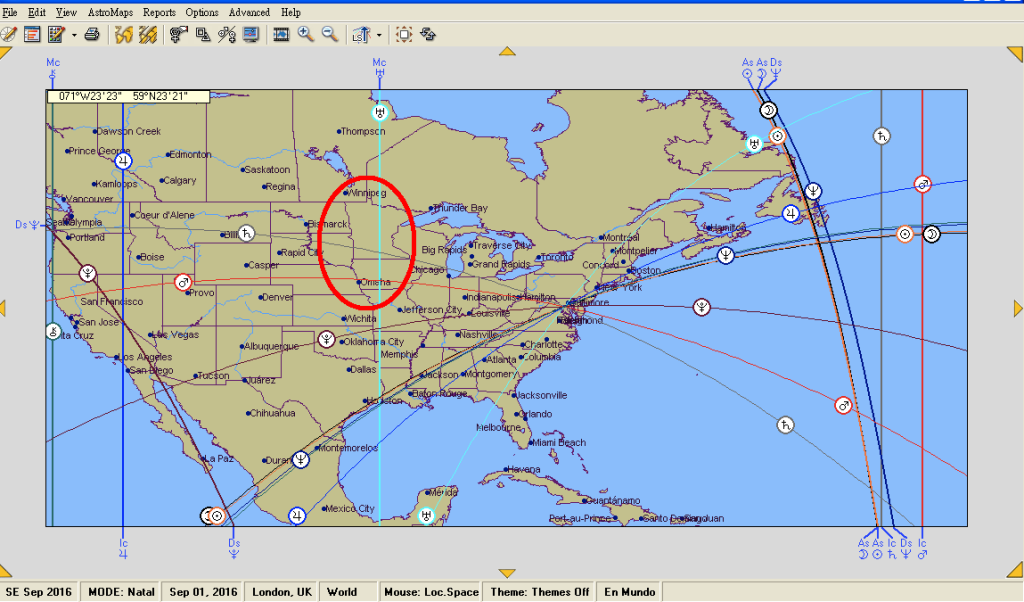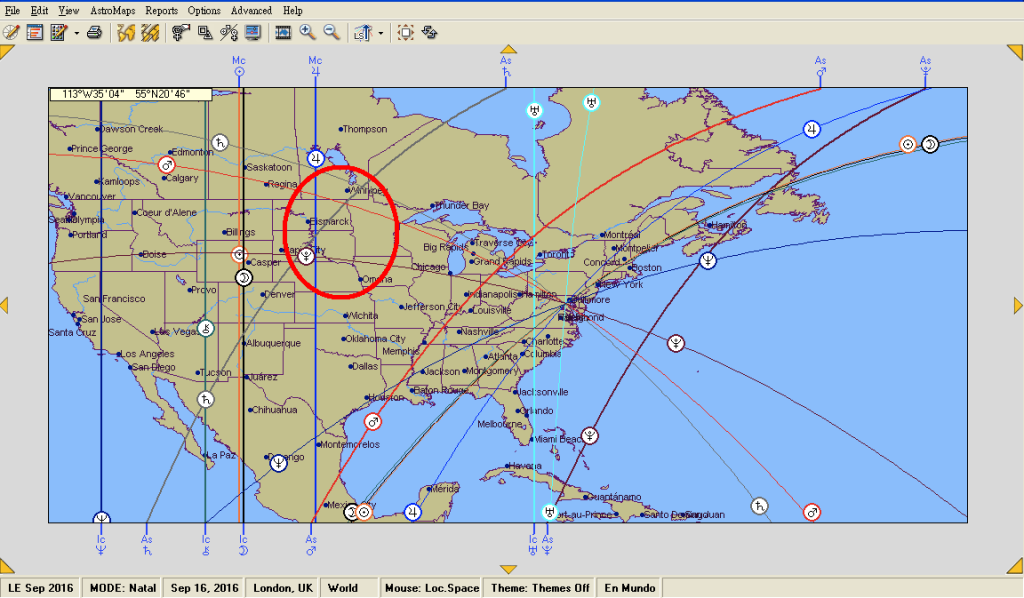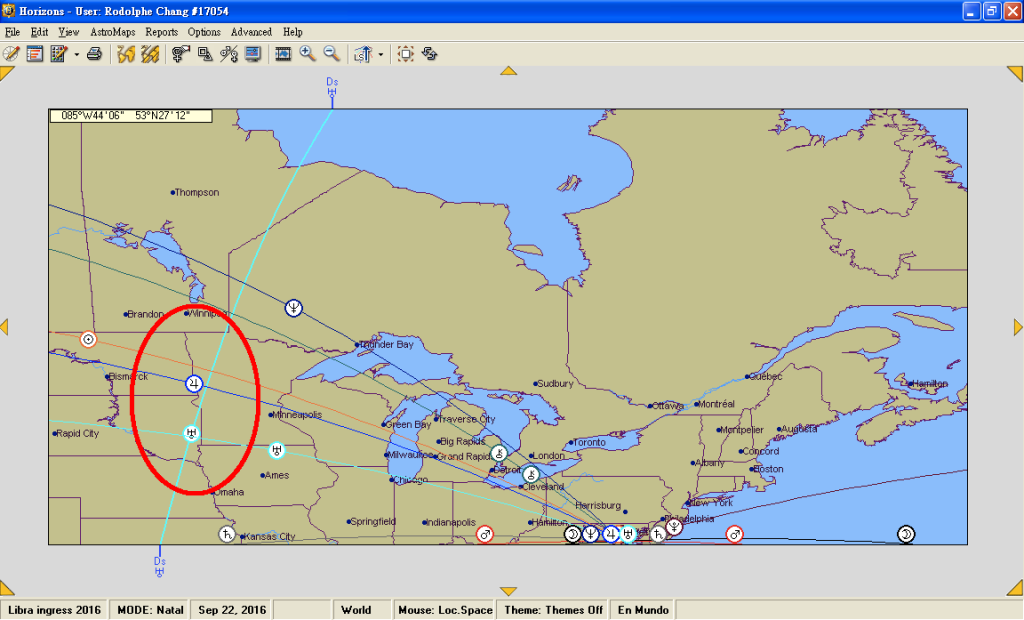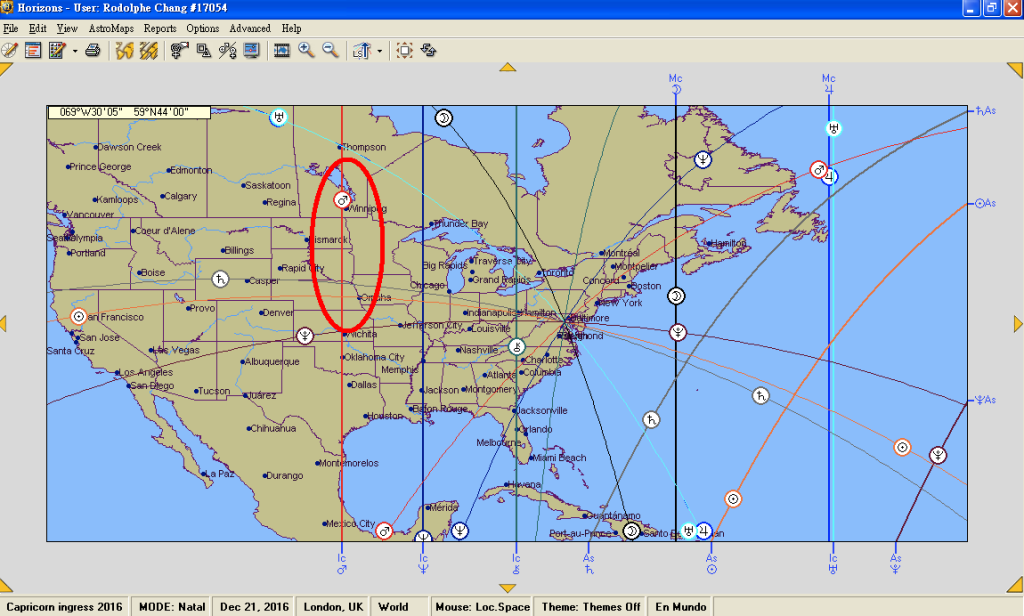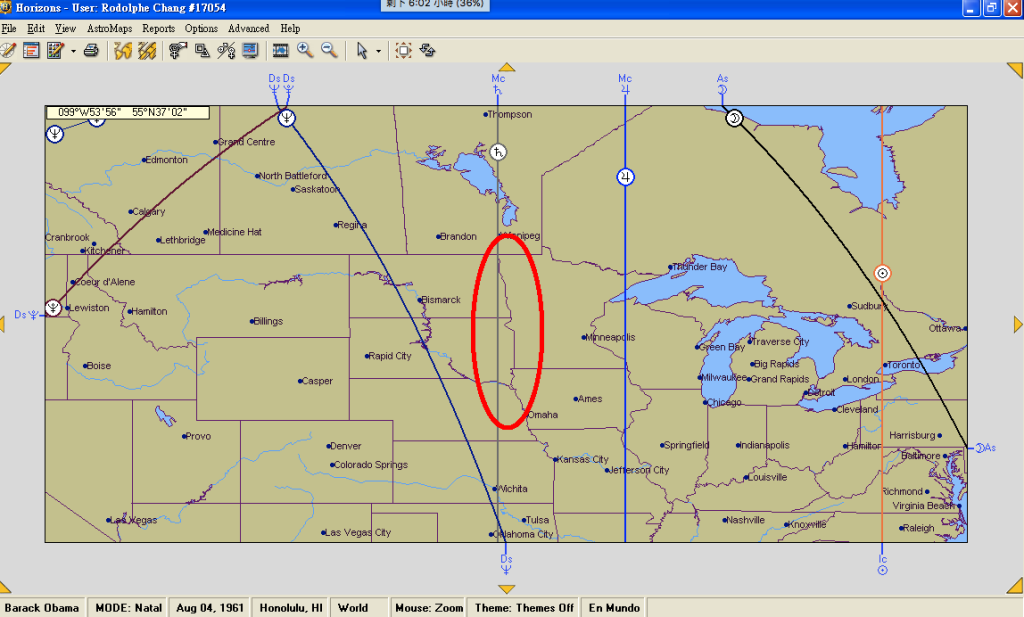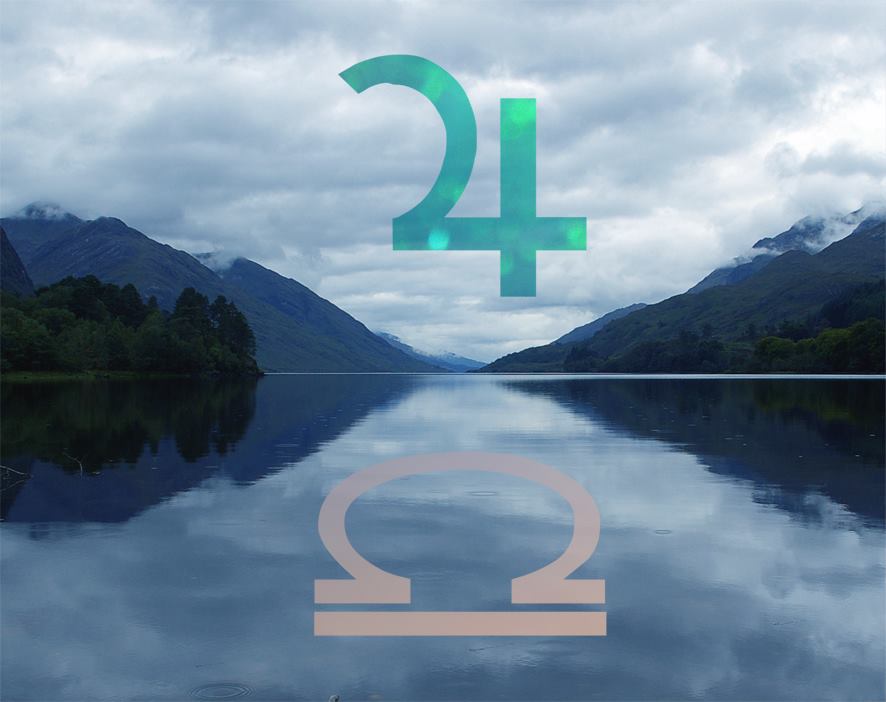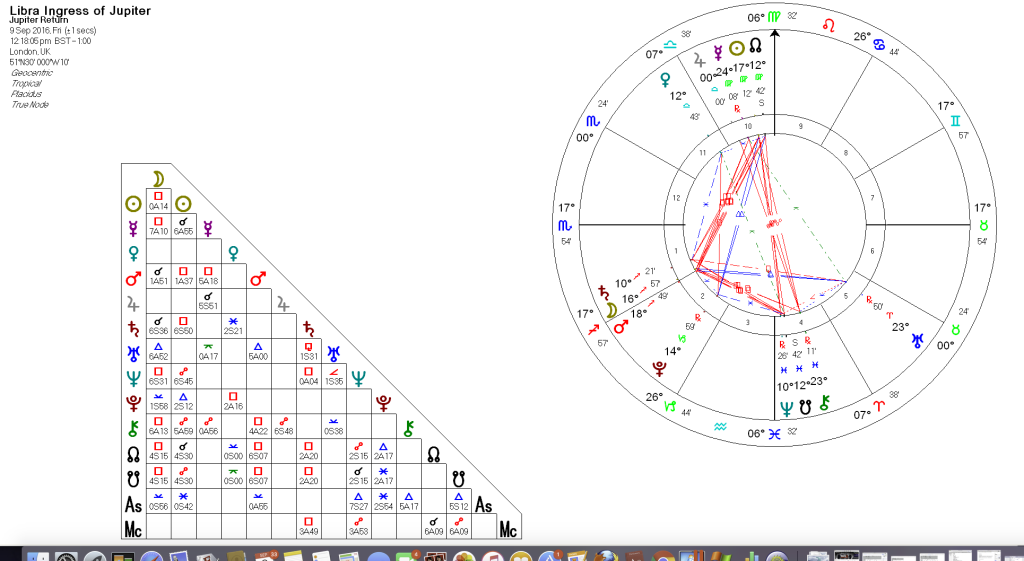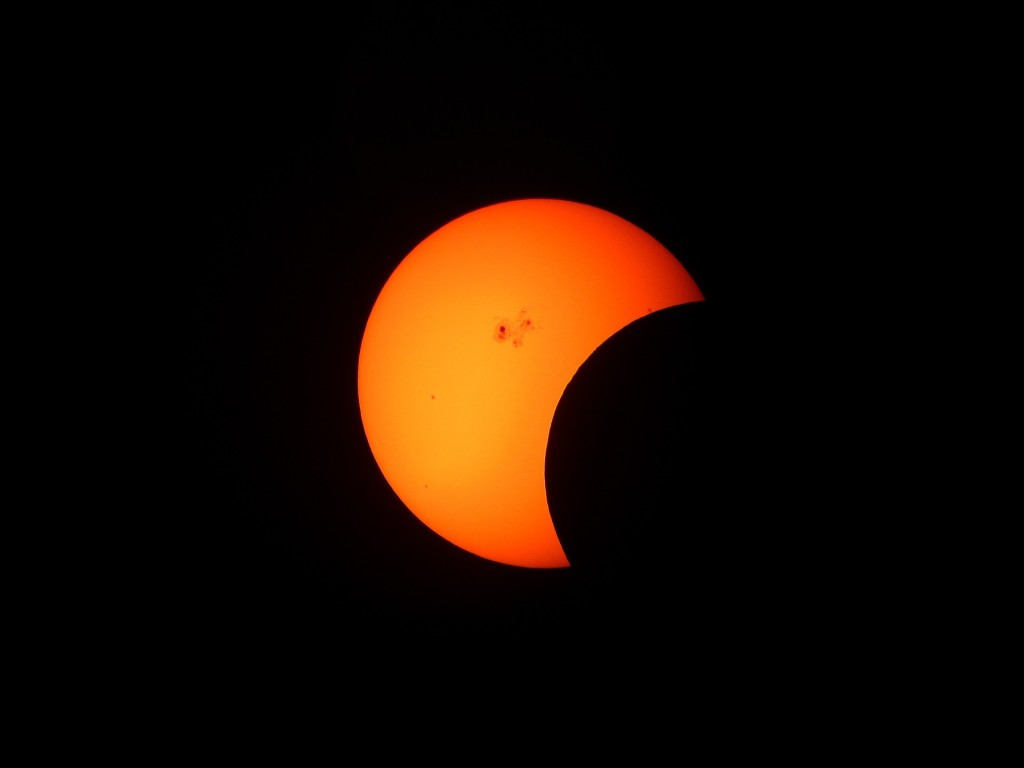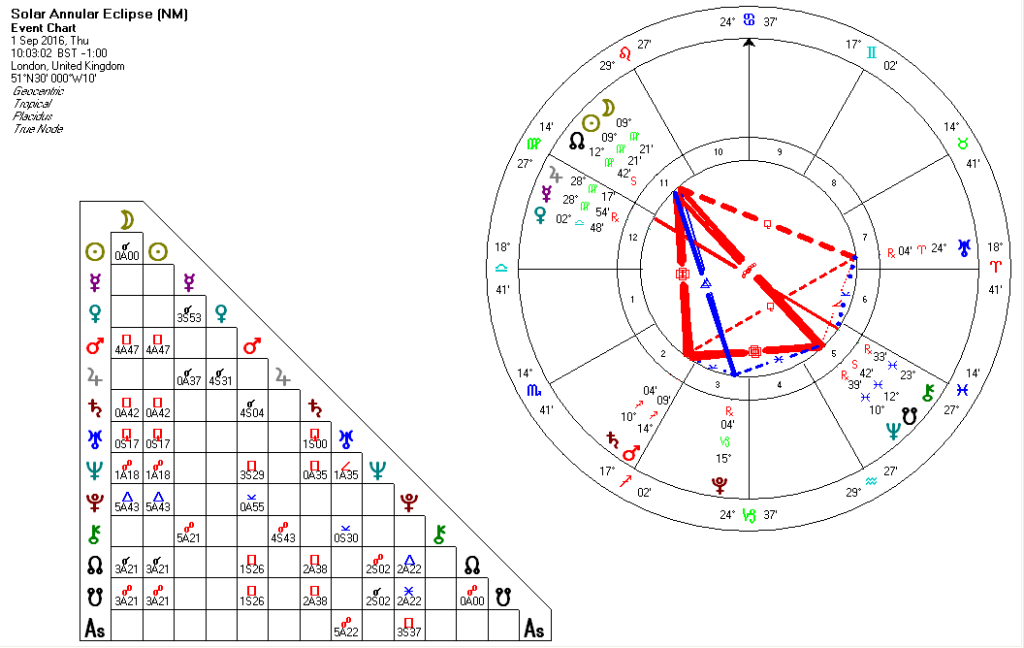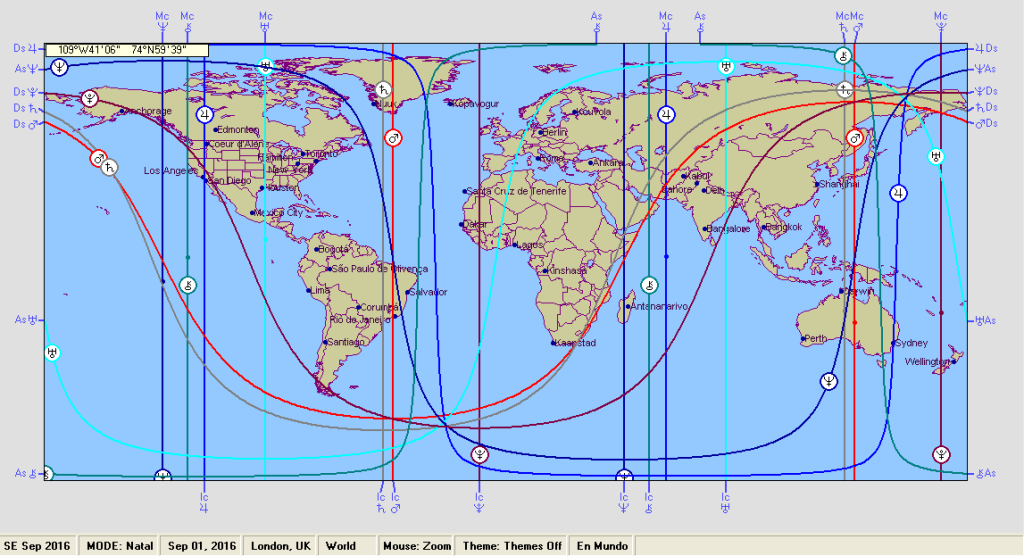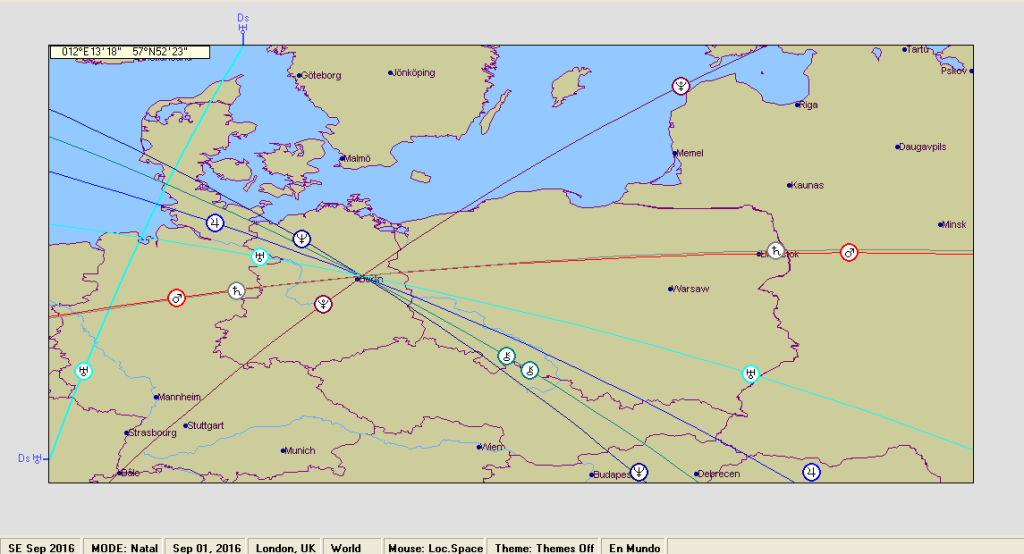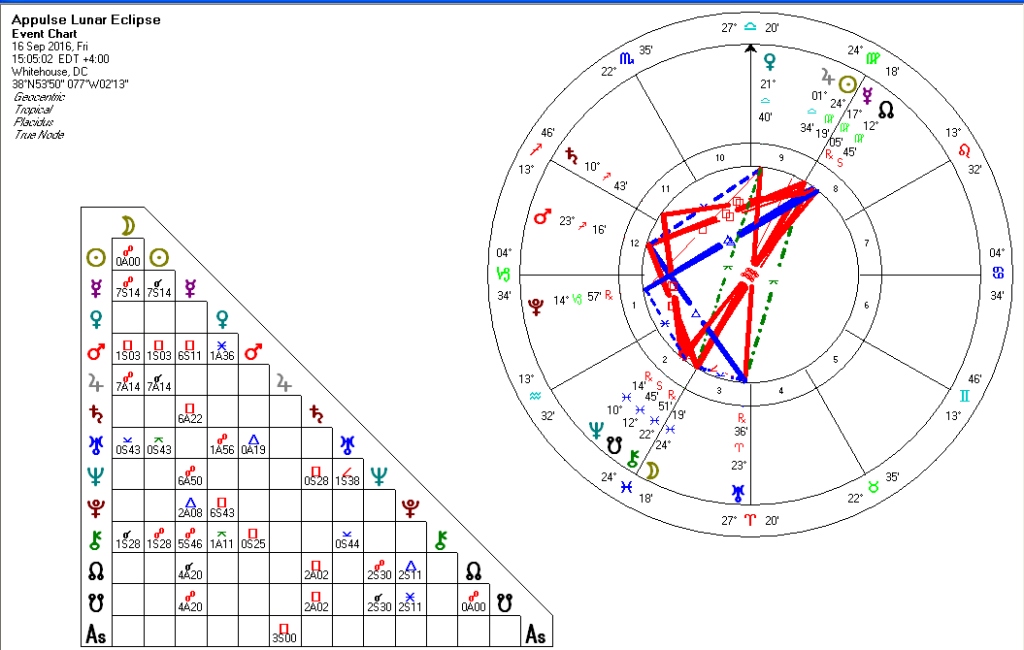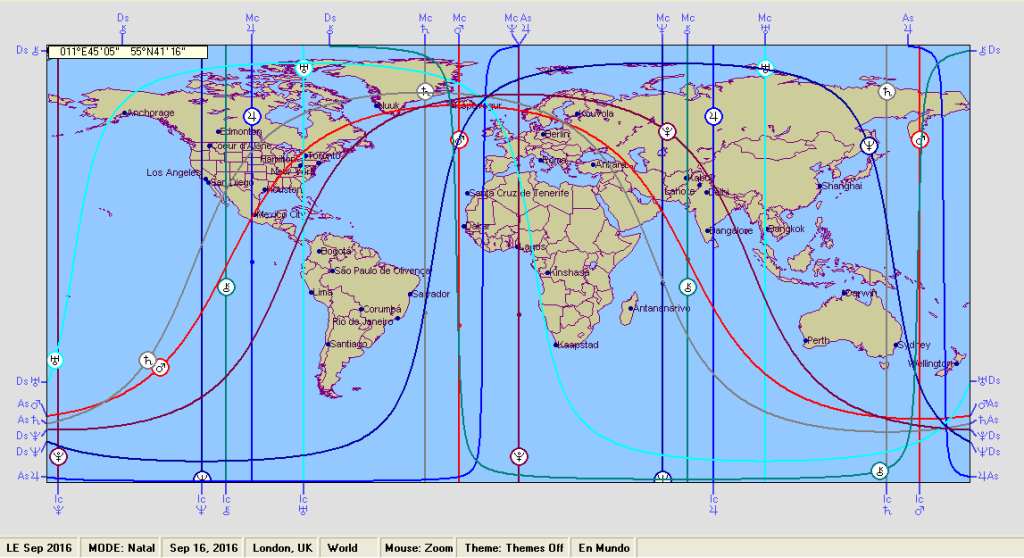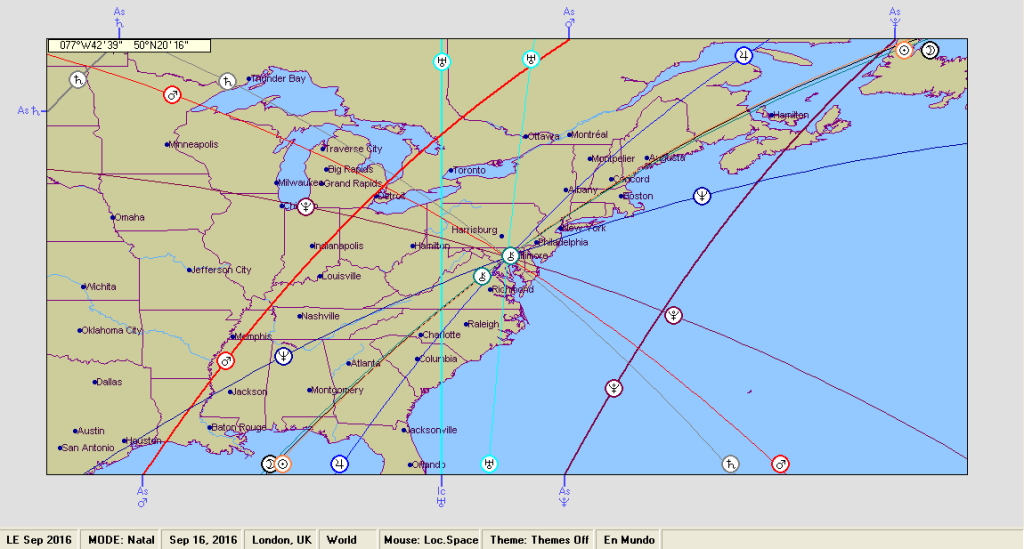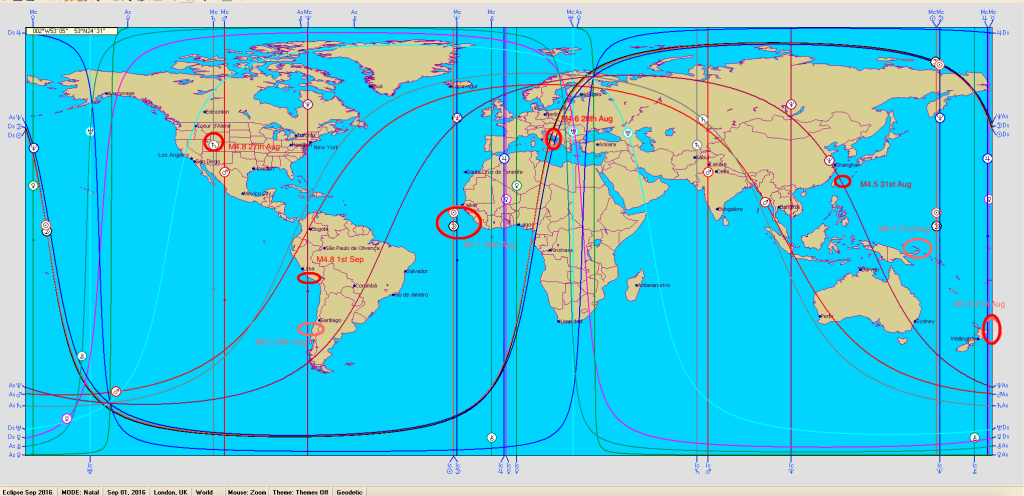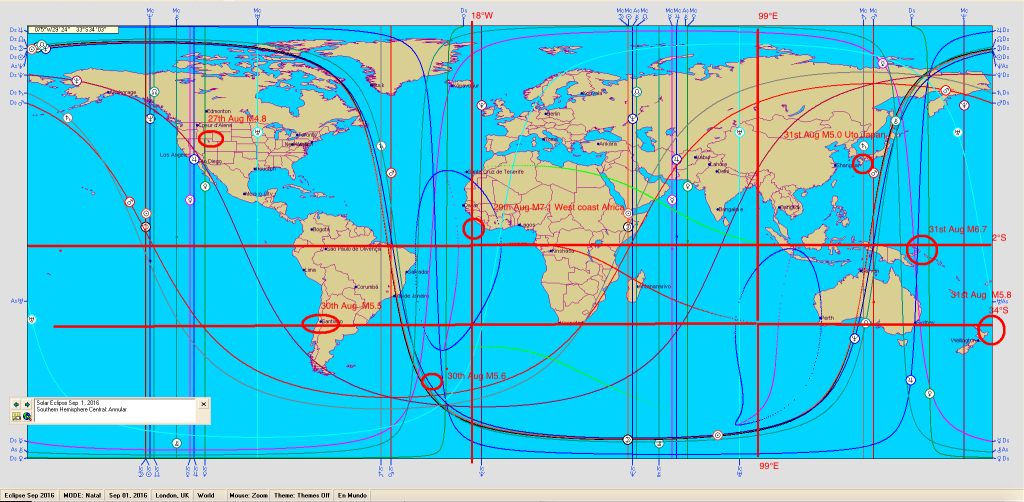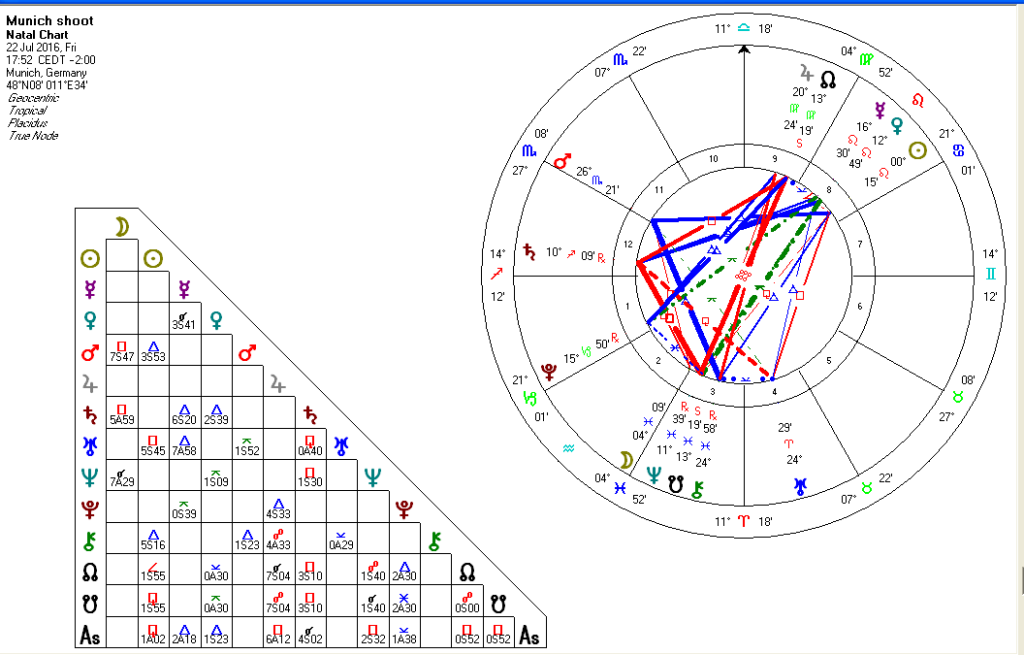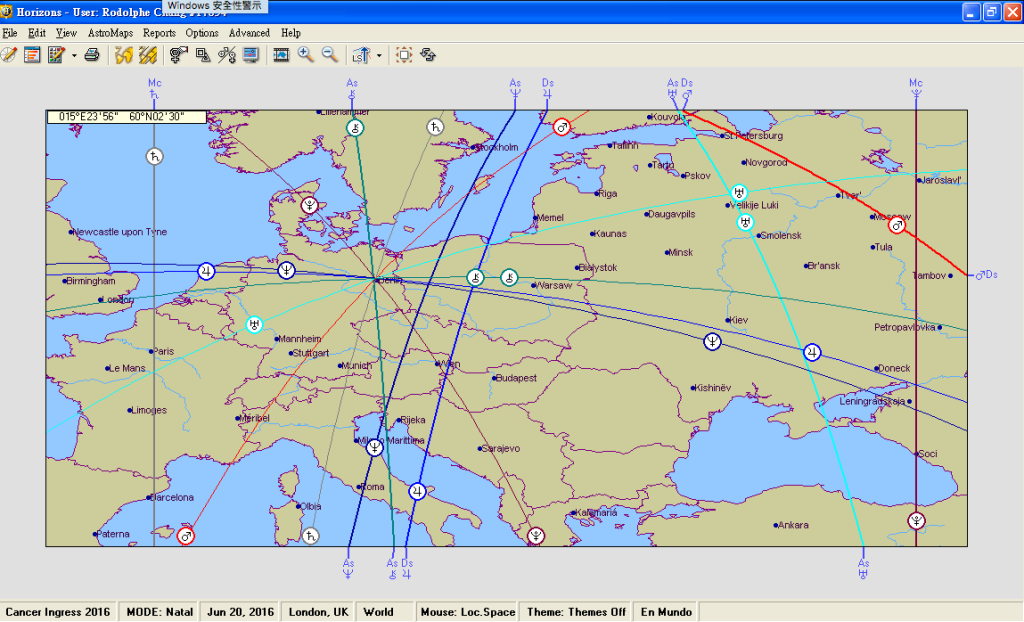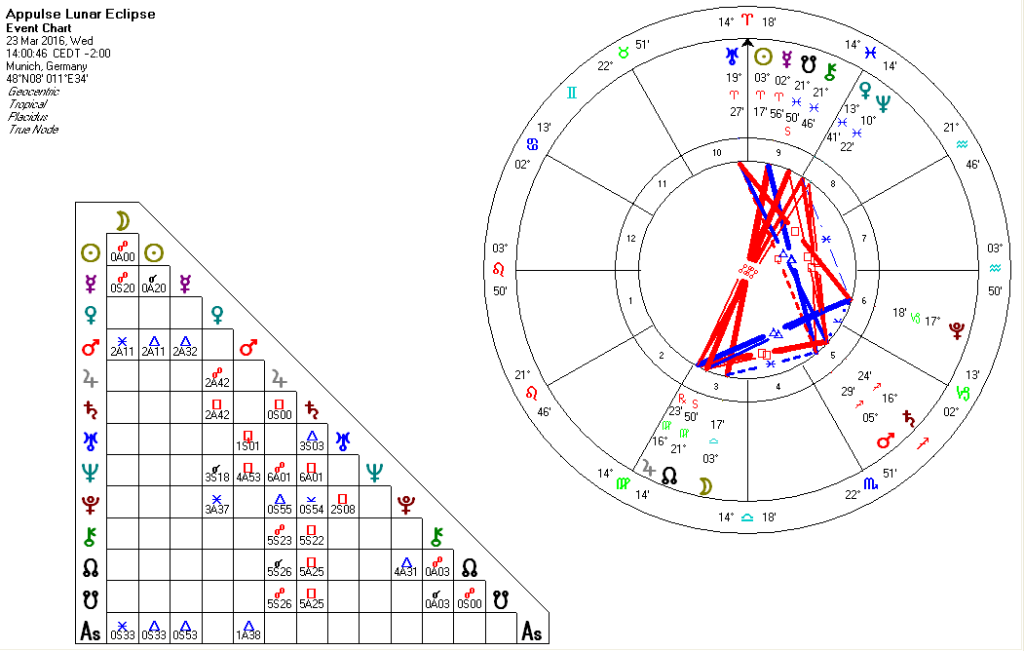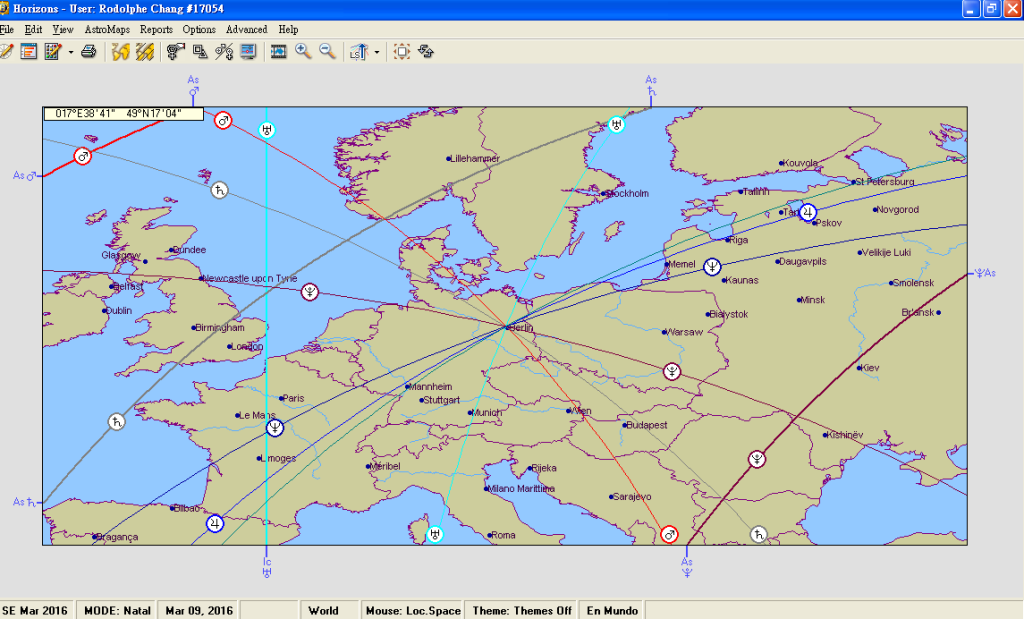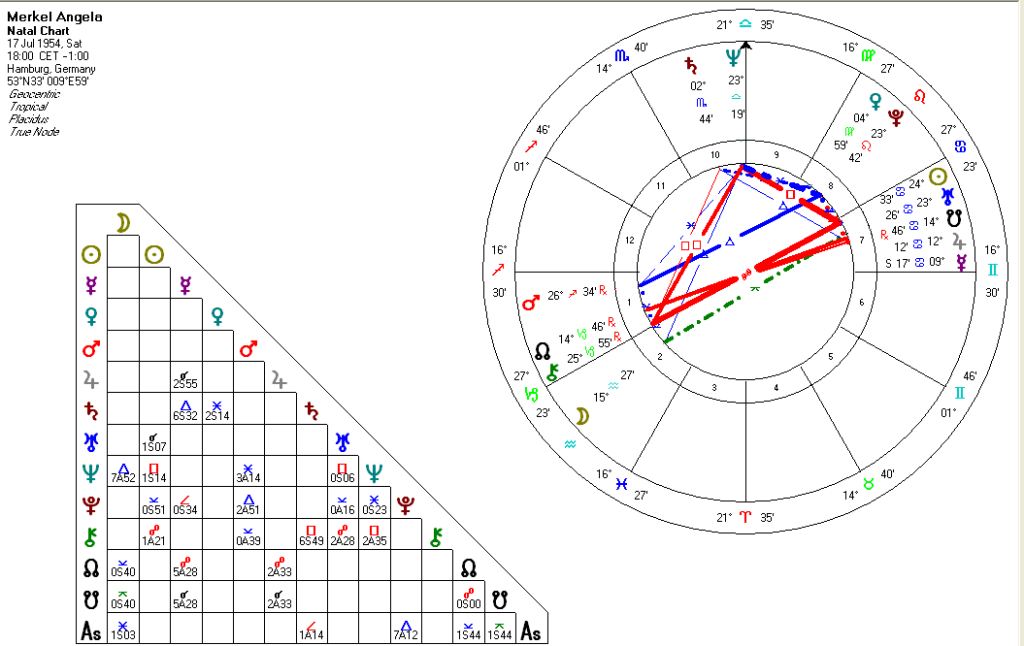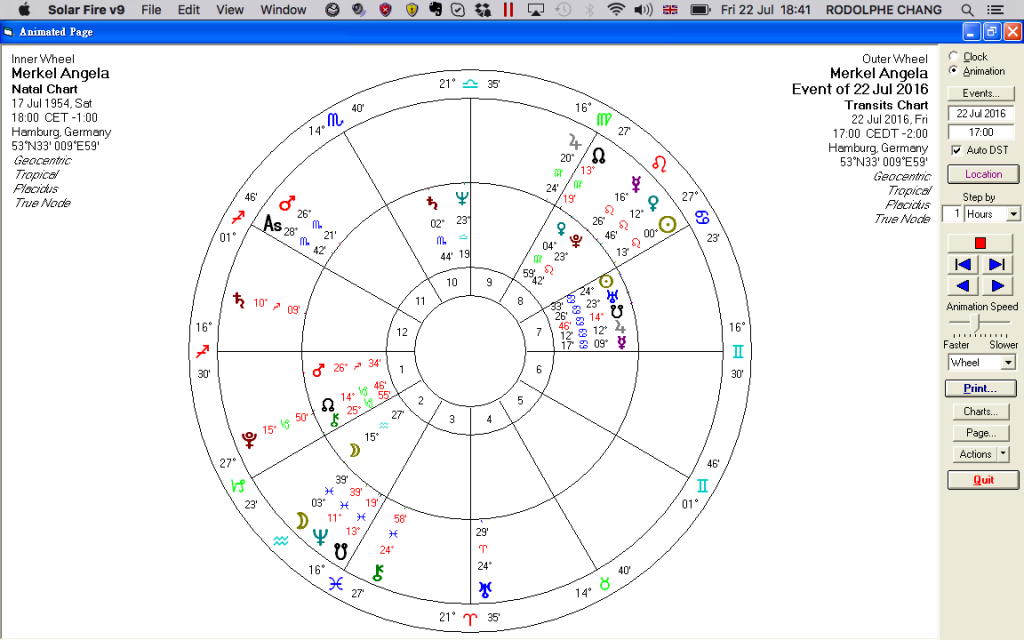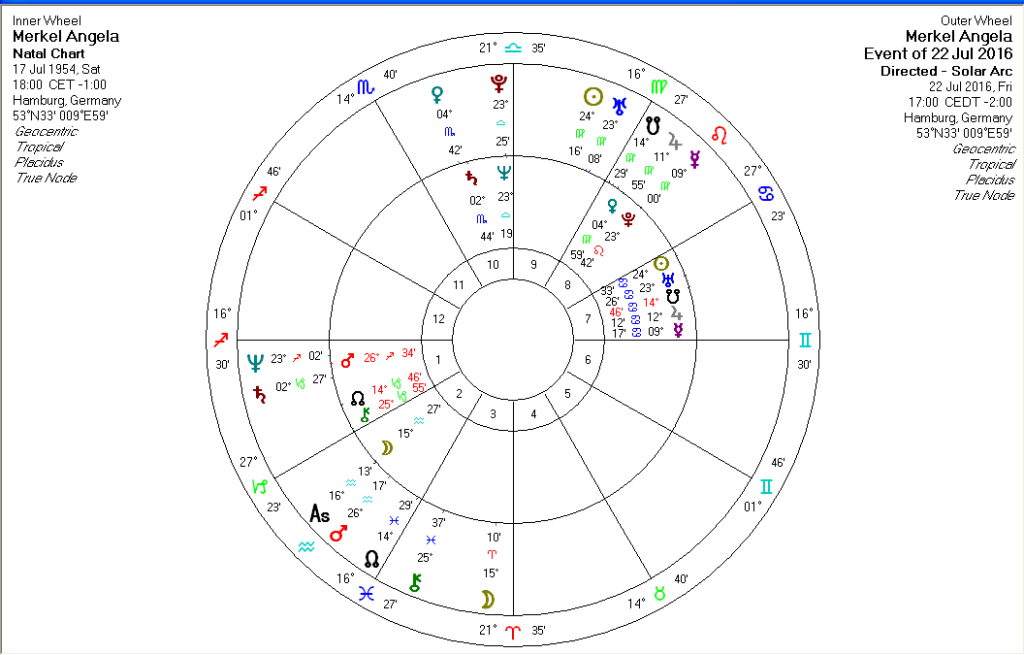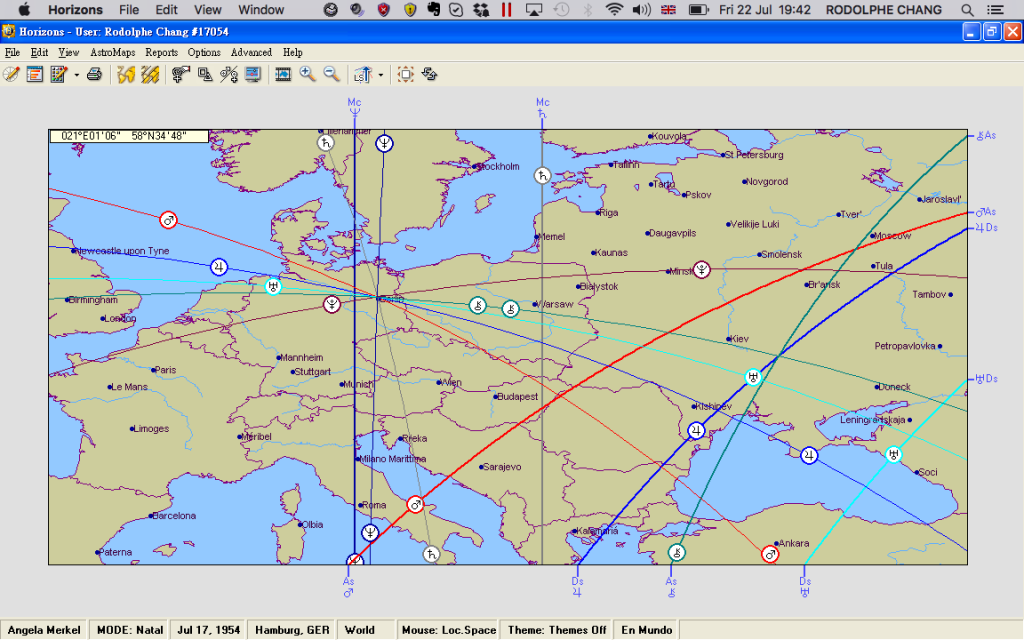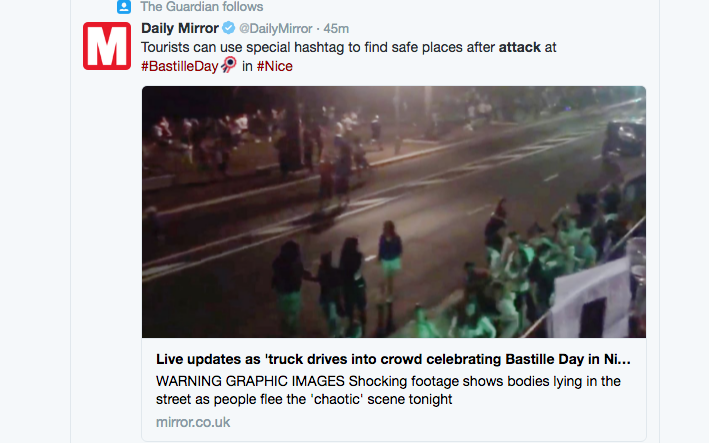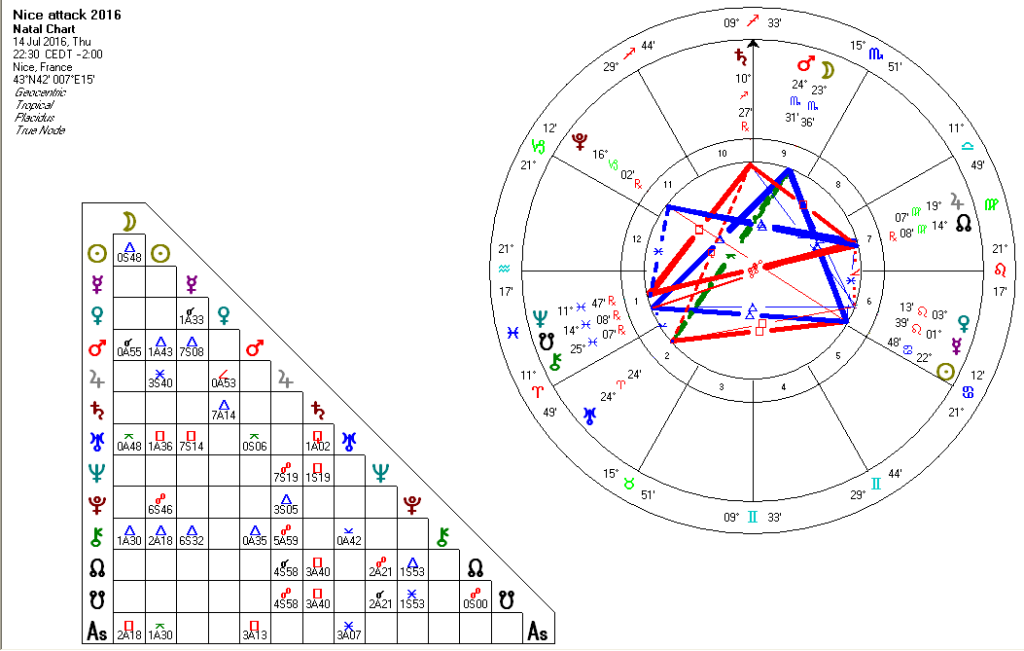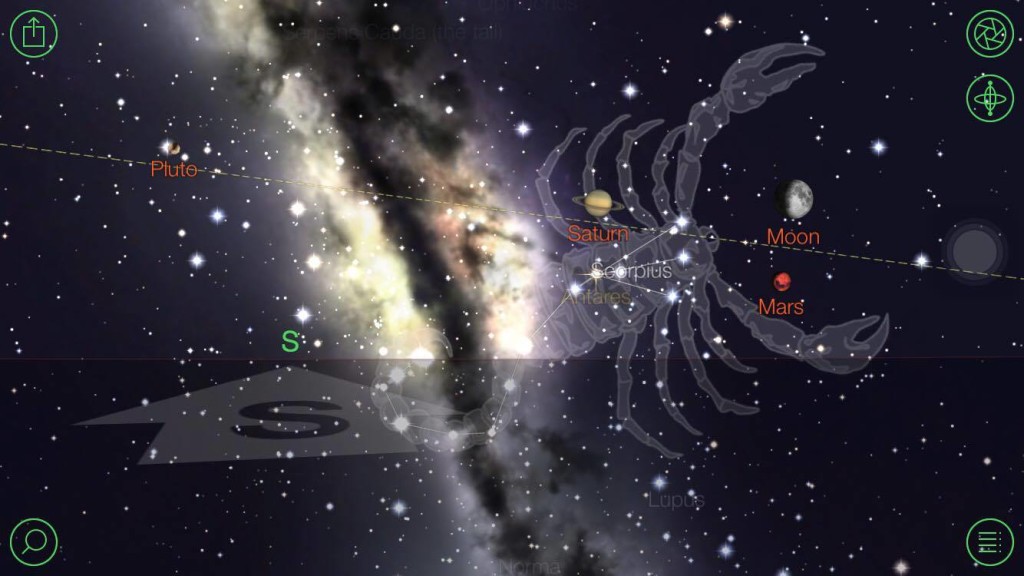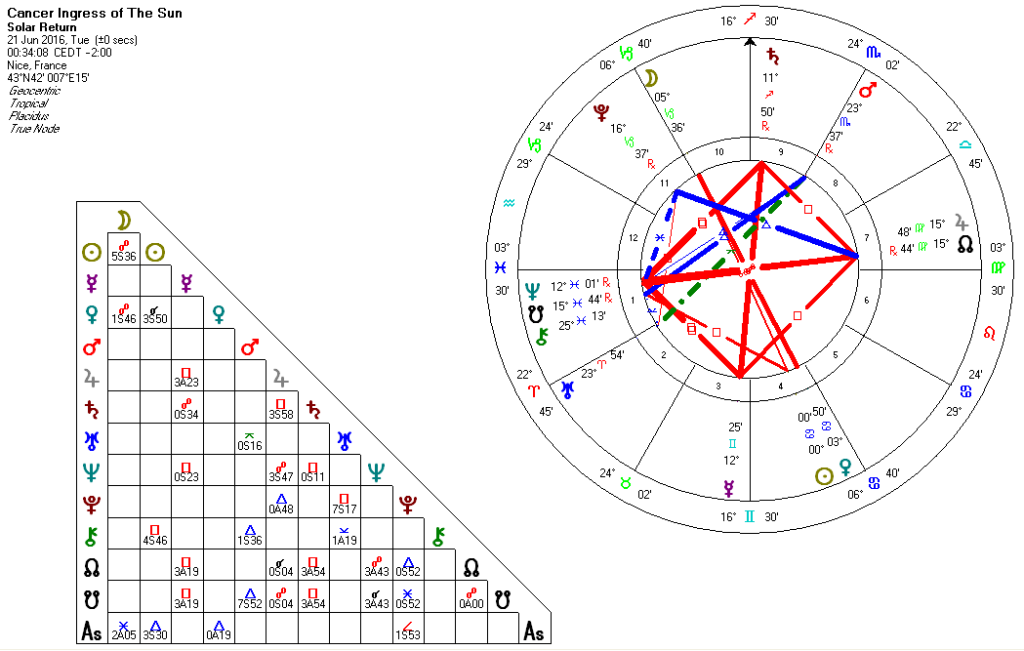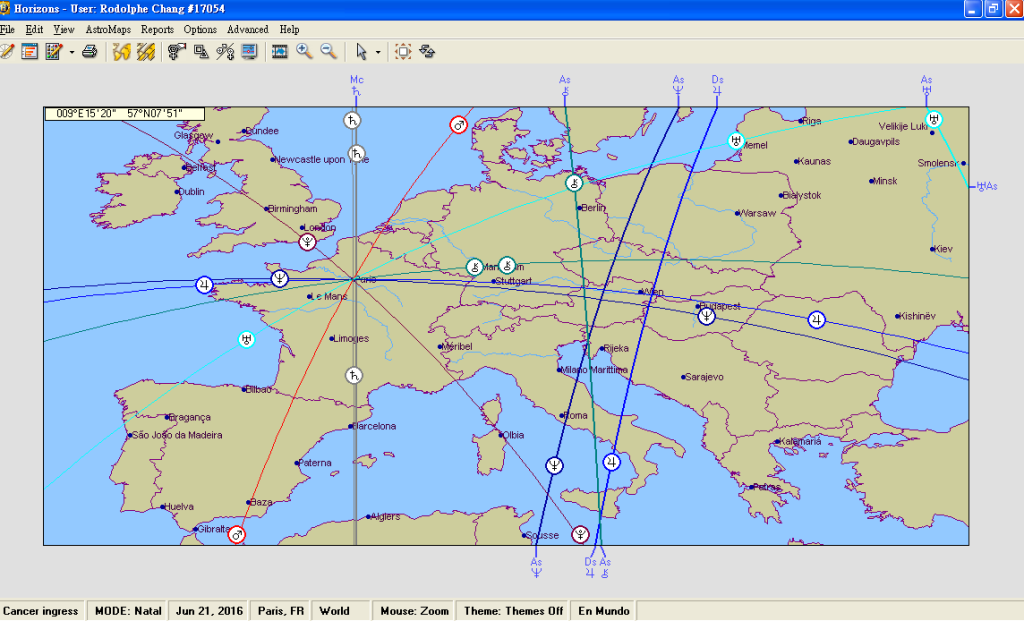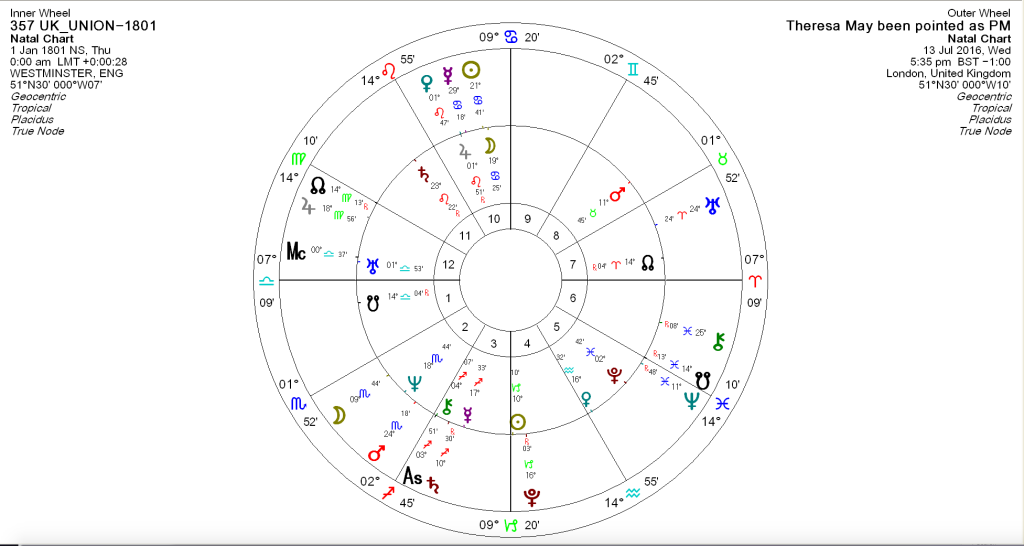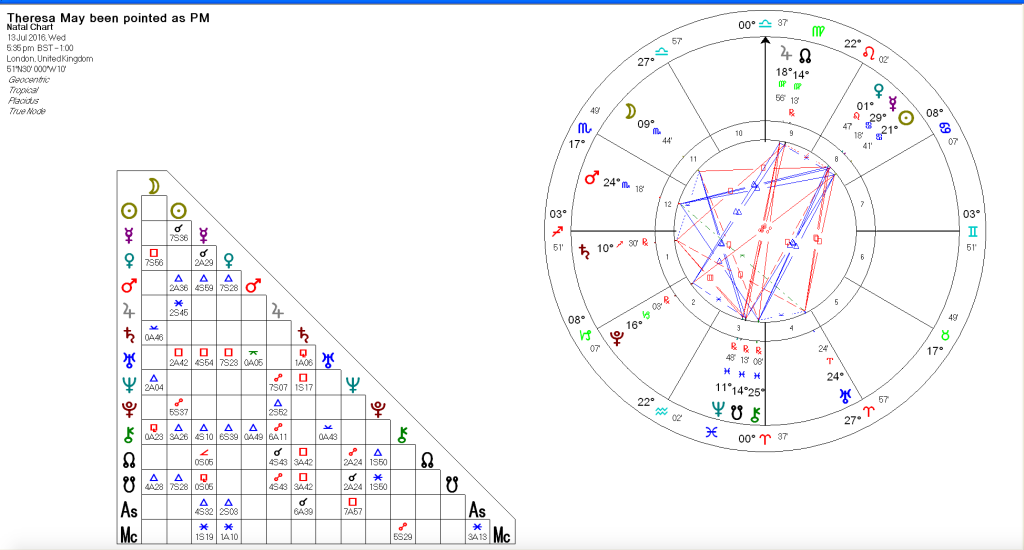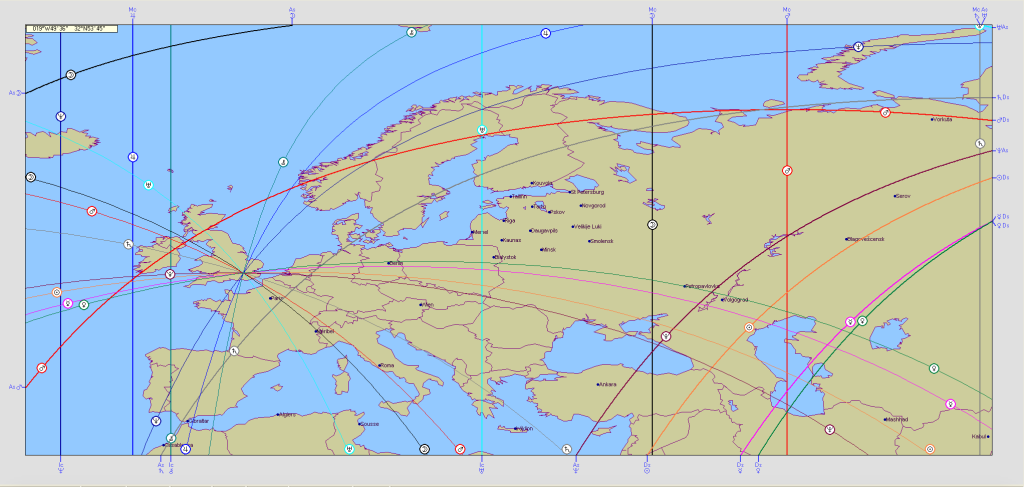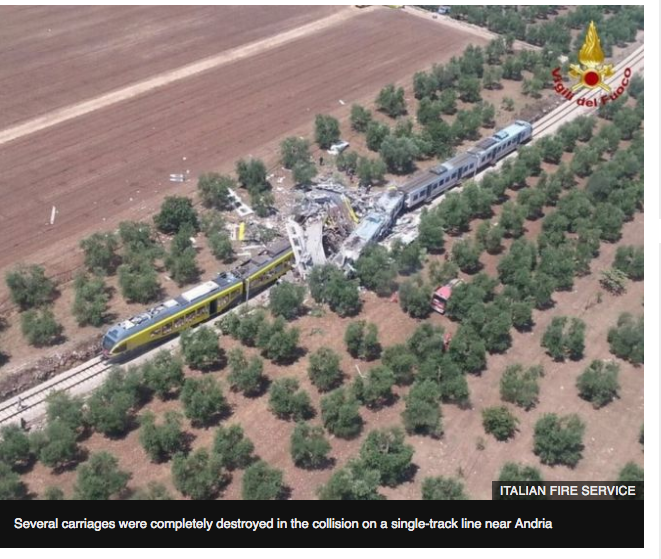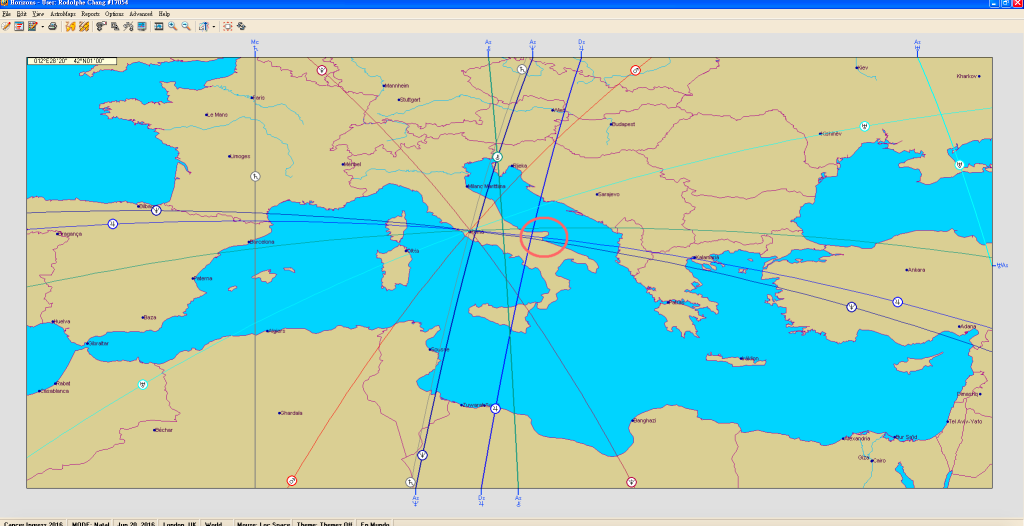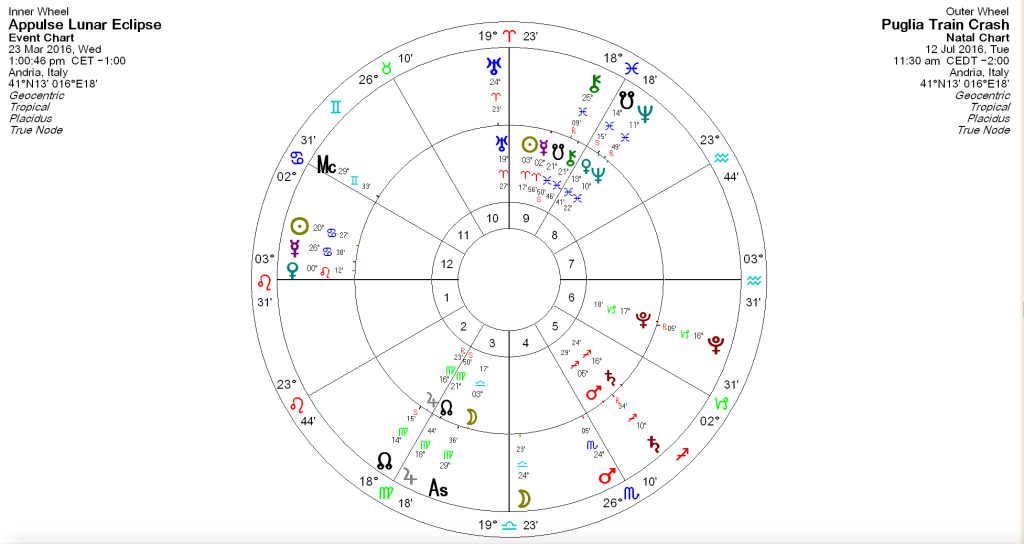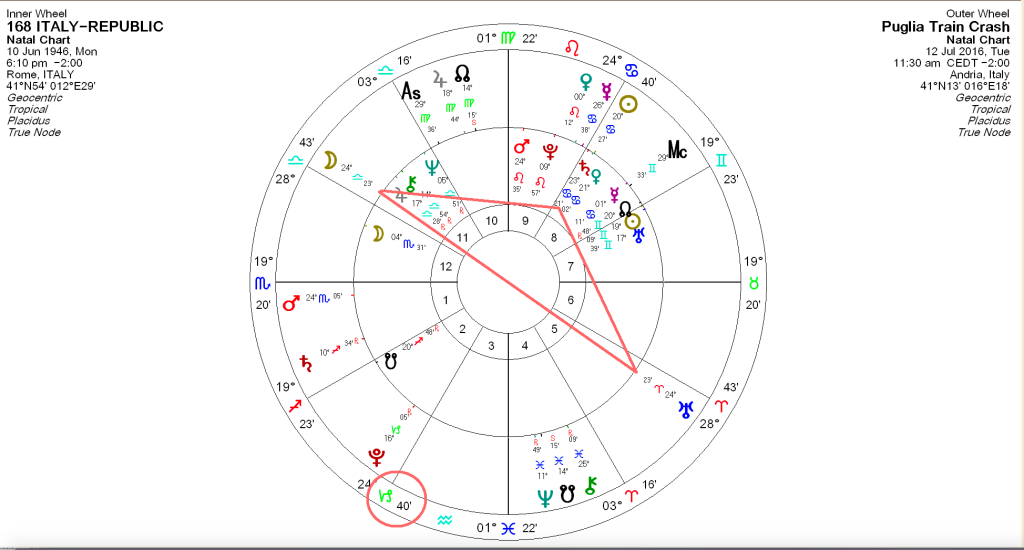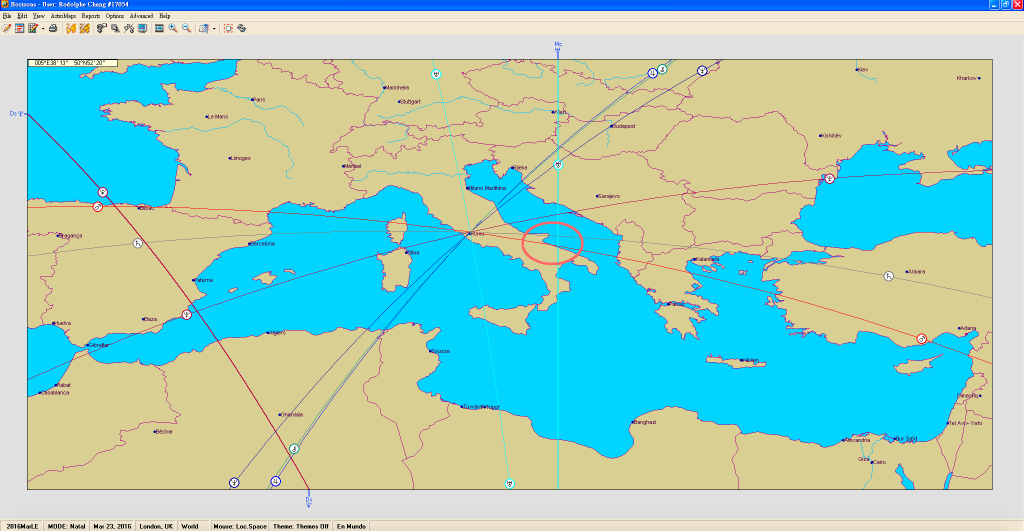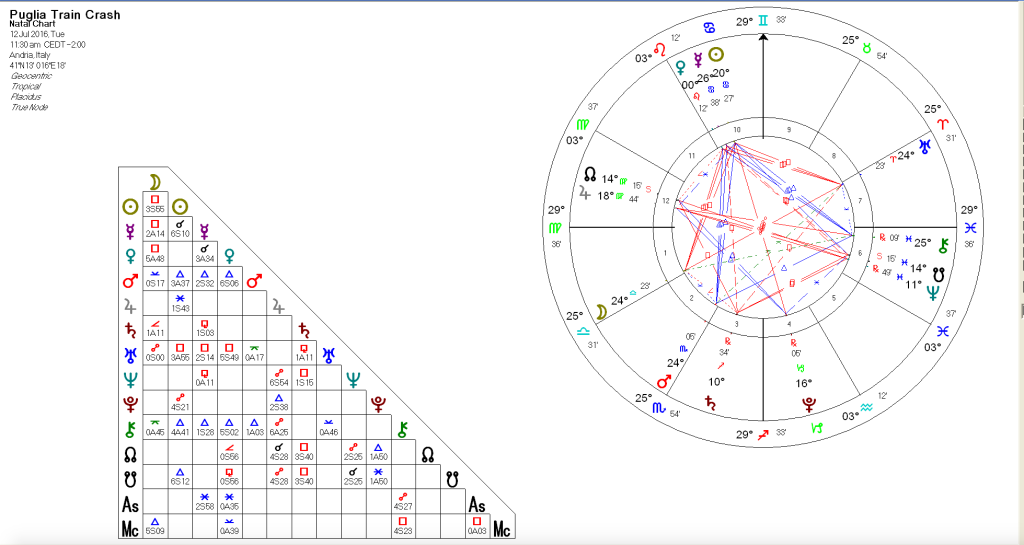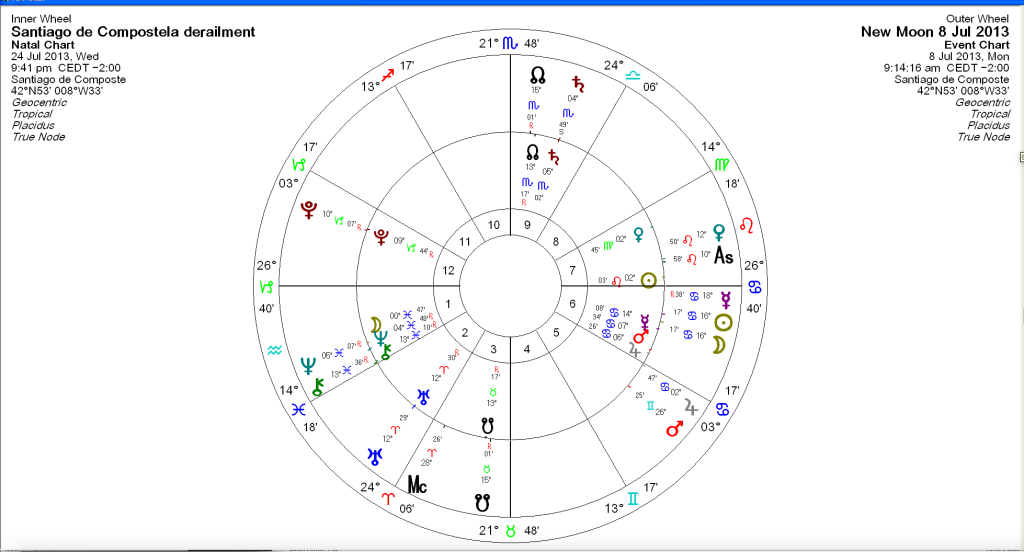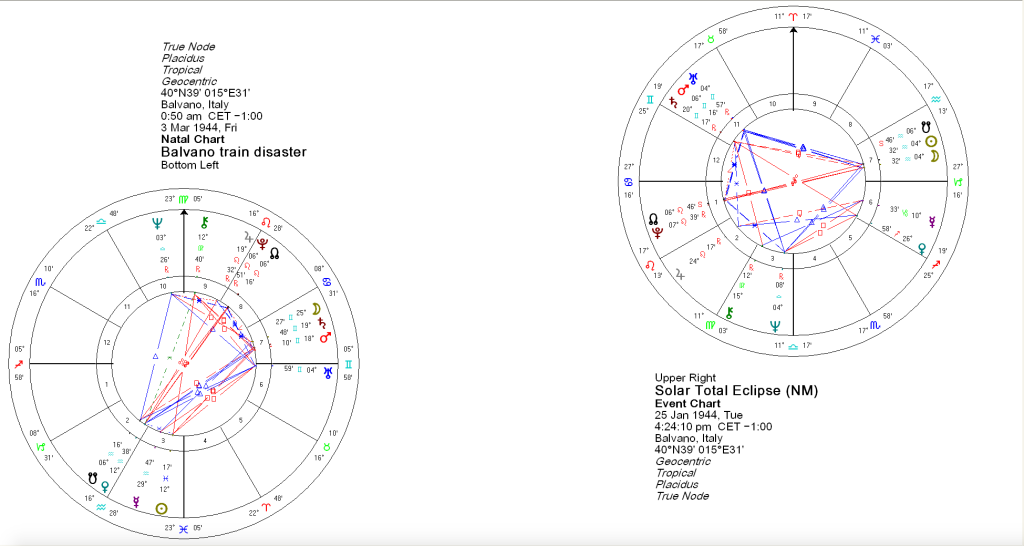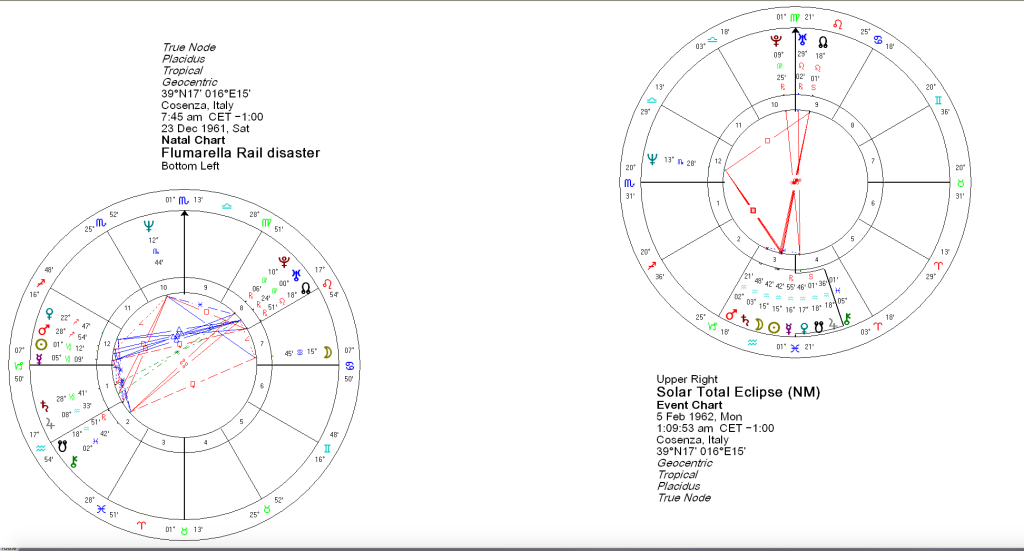Eclipse date:
Lunar Eclipse: 11 Feb 2017 00:32 GMT
Solar Eclipse: 26 Feb 2107 14:58 GMT
Lunar Eclipse degree: Moon in 22˚ Leo, Sun in 22˚ Aquarius
Solar Eclipse degree: 8˚ Pisces
Nodal Axis: Pisces-Virgo
Solar Eclipse
Solar Eclipse will happen at 14:58 (GMT) 26th Feb 2107. Sun Moon conjunct at 8˚ Pisces. Pisces as a water sign suggest that we should focus on water resource, ocean, fishing, seafaring, shipping, rainfall and flooding, in the psychological level water element related to feeling, fantasy, imagination and those intangible subject in our life. As a mutable sing, suggest the exchange of feeling between people, Pisces particular connect with sharing feeling and sharing emotion, compassion and empathy, these could be the fundamental key of this year. The mutable sing also suggest our society and people trying adopt new situation, adjust ourselves to new condition, learning new skill are very useful during this period.
We also have to take Nodal axis Virgo-Pisces, Earth-Water elements combination into account. Although Nodal axis will move into Leo-Aquarius after May 2017, but let us focus on Virgo-Pisces first as Solar Eclipse occurred at Pisces. The Virgo Pisces are usually link with Health, Medicine, Chemical issues, as water earth sings combination, the focus area are those disasters link with water and land. Water pollution, Ocean pollution, flooding, avalanche, landslide cause by rainfall, tsunami cause by earthquake.
As February Solar Eclipse happens at Pisces, the Rulers of Eclipse are Neptune and Jupiter. Let us look at Neptune first, in the Solar Eclipse chart Neptune is not only ruler of Solar Eclipse, it also conjunct with Sun and Moon this is a double whammy and we should not under estimate the Neptune issues in 2017, which again are related to water, ocean, shipping, pollutions, virus mutation and epidemic, medical, chemical issues. Especially those area has Neptune on the angles in Solar Eclipse, Lunar Eclipse, Transiting Neptune on the angles of country chart and Aries Ingress chart.
Neptune as generation planet, it has more effect on Mundane level, however we should not ignore the personal influence as Neptune play an important role in 2017 February Solar Eclipse. Especially if you have personal planets and Ascendent-Descent axis, M.C-I.C axis around 6-16˚ Mutable signs.
Neptune is related to dreams, fantasy, illusion, it encourage us to fulfil our dream, to be greater than we are now, however Neptune does not promise you anything, it is up on you to understand what is fantasy and what is possible future. Neptune also repeat Pisces themes of share feeling, compassion and empathy.
Jupiter is another things we should focus as it is traditional ruler of Pisces. Jupiter represent higher foreigner, travel, international relationship, education, religions, what we believe and philosophy. As Jupiter in Libra and retrograde, it is not in it most powerful state, this suggest the background of Mundane events have somehow a tone of stagnate, people are frustrated about things are not move forward, more people feel they don’t have time and energy for take care of other. However Jupiter in Libra where Saturn is exaltation and Saturn in Sagittarius where Jupiter is ruler. This is a mutual reception in traditional astrology view and this suggest those who have no power in the main stream, and those who live in the difficult situation should help each other to bring better future.
Jupiter in Libra like last year we should focus on Justice, cooperation and relationship, Libra as cardinal air sign, this suggest, we can improve our situation if we can put more effort on communication, education, make sure thing are going fair and well balance different view, different voice has been heard. Libra also is a human sign and sanguine type in the traditional astrology view, we can expect the political, communities affairs, humanitarian issues and charity works will become our focus of the year.
Aspects :
In February Solar Eclipse chart, Jupiter opposite Uranus and Mars, square Pluto, this form a T square, this is a strong signature in Eclipse chart. This also remind us that we are not done with Uranus-Pluto square. Between 2012-2015 Uranus and Pluto formed 7 exact squares. This was what astrologers focus during last few years. This year Uranus-Pluto square still form a tight square although it is not going to be exact aspect. More over Jupiter and Mars are getting involve in the Solar eclipse chart. Mars bring out survival issue, military, attack and bloody violence. Jupiter suggest religion, believe, philosophy, foreigner are involve. It is hard to ignore this configuration suggest more upheaval in the political and economic areas, protest, attack, and violence events.
Fixed Stars
The new Moon of Solar Eclipse are align with two fixed stars of Aquarius, Skat and SITULA. Skat is on the waterman’s shin, and Situla is on the water barrel he hold. I see this as an emphasis of Jupiter-Saturn mutual reception as Skat has Jupiter Saturn nature according Ptolemy. Also Robson suggest Skat are related to friend when Son and Moon receive it’s influence.
Saros cycles
According Dr.Bernadette Brady’s Saros cycles study, Eclipse occurred in 2016 February belong to S.S 19 eclipse family. it has a positive and happiness flower. Venus/Jupiter combination and Jupiter/Uranus combination has strong influence. I suggest that we take this information and use it to give us strength. We should believe that what we are doing will have positive out come, life might surprise you.
Affected Countries: 8˚ Pisces and Virgo
Moon:
Haiti, Hungary, Lebanon, Switzerland, Thailand
Sun:
Azerbaijan, Coaata Rica, Libya, Mongolia, Nepal, Qatar, Russia, Singapore, Vietnam
Ascendent: Algeria,Dominican Republic, Jordan Kenya, Lithuania, Scotland, South Africa, Sri Lanka, Vatican, Zimbabwe
M.C: Bahrain, Indonesia, North Korea, Malaysia, Senegal
Astromap
Asia-Pacific: New Zealand, East Part of Australia, Indonesia, Japan, West China (West) , Myanmar, Bhutan, Nepal, Bangladesh, India, Syria, Iran, Iraq, Yemen
Europ-Africa: Russia, Ukraine, Turkey, Ethiopia, Somalia, Madagascar, North West coast of Africa, Spain, France , UK
North & South America: Brazil, Mexico, 86˚ W-103˚ W , West Coast of North America.
Lunar Eclipse
The Lunar Eclipse will happen on 11 February 2017 at 00:32 (GMT), Moon in 22˚ Leo opposite Sun in 22˚ Aquarius. The influence of Lunar Eclipse are usually last 6 month until next Lunar Eclipse happen. Both Solar Eclipse and Lunar Eclipse represent shocking events, usually unpleased and scary. It could be disasters or upheaval in the social political domains but I believe there are profound meaning behind those unpleasant. Solar Eclipse, as a New Moon, use those unpleasant as awakening call, and bring an opportunity to start new system. Lunar Eclipse as Full Moon, it shows us the out come of those decision we made, those event are usually linking with Nodal axis position, Eclipse Saror cycles, New Moon Full Moon by their position on the zodiac.
Which mean when the shocking event are linking with Lunar Eclipse, we have to ask, How come this happen? What cause this tragedy ? If we go track relative event when those decision are made, when those order or law are made, we can find they are somehow share similar zodiac point by Moon, Node, or Saror Cycles.
The Sun Moon opposition of Lunar Eclipse occurred at Leo and Aquarius, this axis are personal glory and collective goal, action verse thinking, now or future. Fire sign of Leo indicate Drought, Warfare, fight, riot, fire and blast. Aquarius as Air sing suggest protest, political dispute, communication, media, flight and space. Especial those country have Sun, Moon, Asc,Mc, Chart ruler near 22˚ Leo- Aquarius.
We also have to takePisces-Virgo Nodal axis, Water, Earth elements into account, these we already covered in Solar Eclipse.
Aspects :
Eclipse Full Moon will trine and sextile Jupiter Uranus opposition, it bring harmony action and smooth the agitation and anxiety of Jupiter Uranus opposition, we can fight for better future with wisdom, with deep consideration of pros and cons. Jupiter Uranus and Pluto form a T square on the Lunar Eclipse day, it suggest we have more idea of social reform, political and Economical reform. We know what our future look like. As Sun and Moon intervene this T square with harmonic aspect, we maybe realise those decision we made before are challenging us or in another way that we are benefit from it when we face the sudden change of Uranus Jupiter Pluto T square.
Fixed Stars
Sun will be align with 2 fixed stars on this day,
Sadalsuud : the measurement stick of water man, which has nature of Mercury Saturn according Ptolemy, this suggest the deep consideration before we take action, also suggest those event we are facing now are the measurement of water level. Is flood coming soon ? How far and how hard it will be ?
Deneb Algedi: This is the tail of Capricorn, Ptolemy gave it Jupiter and Saturn nature although Robson told us It is said to cause beneficence and destructiveness, sorrow and happiness, and life and death, however we should know the Capricorn is the goat god Ea or Pan, Ea the god of civilisation and Pan is god of wilderness and nature. If we understand that we need destroy old building before we build up new home. The resistance and sorrow for keeping old memory could be the echo of Pluto in Capricorn, and excitement of new hope are more likely the Jupiter Uranus influence on the Lunar Eclipse chart.
Lunar Eclipse of Personal level are usually aware about something that indicate by which houses axis Lunar Eclipse falling too. The Aquarius and Leo axis suggest the issue maybe around rational mind and passional action, Spontaneous v.s. Think before leap, focus on personal goal or care about whole society. Especially if you have personal planets and Asc- Des axis and M.C – I.C Axis between 17-27 ˚ Leo-Aquarius.
Affected Countries: 22˚ Leo-Aquarius
ASC
Albania, Ecuador, Ireland, Iran, Monaco, Morocco, Paraguay
Peru, Timor
Sun and MC
Chile, Congo, Cypres, Japan
Moon, Guyana, Hungary, Malaysia, Pakistan,Sweden,Ukraine, USA
Astromap:
Asia-Pacific: New Zealand, Australia, Indonesia, Malaysia, Japan, North Korea, South Korea, China (Beijing, Central, West) , Vietnam, Cambodia, Laos, Thailand
Syria, Iran, Iraq, Yemen, around Persian Gulf,
North&South America: MI, WI, OH, GA, KY, SC, NC,FL
Cuba, Haiti, Dominican Rep, Venezuela,Ecuador, Peru, Colombia, Bolivia, Chile, Brazil, Argentina
Europe Africa: Iceland, Italy Germany, Austria, Czech, Poland, Slovakia, Serbia, Romania, Greece, Turkey,South East Coast of Africa, Kenya, Tanzania, Mozambique.
